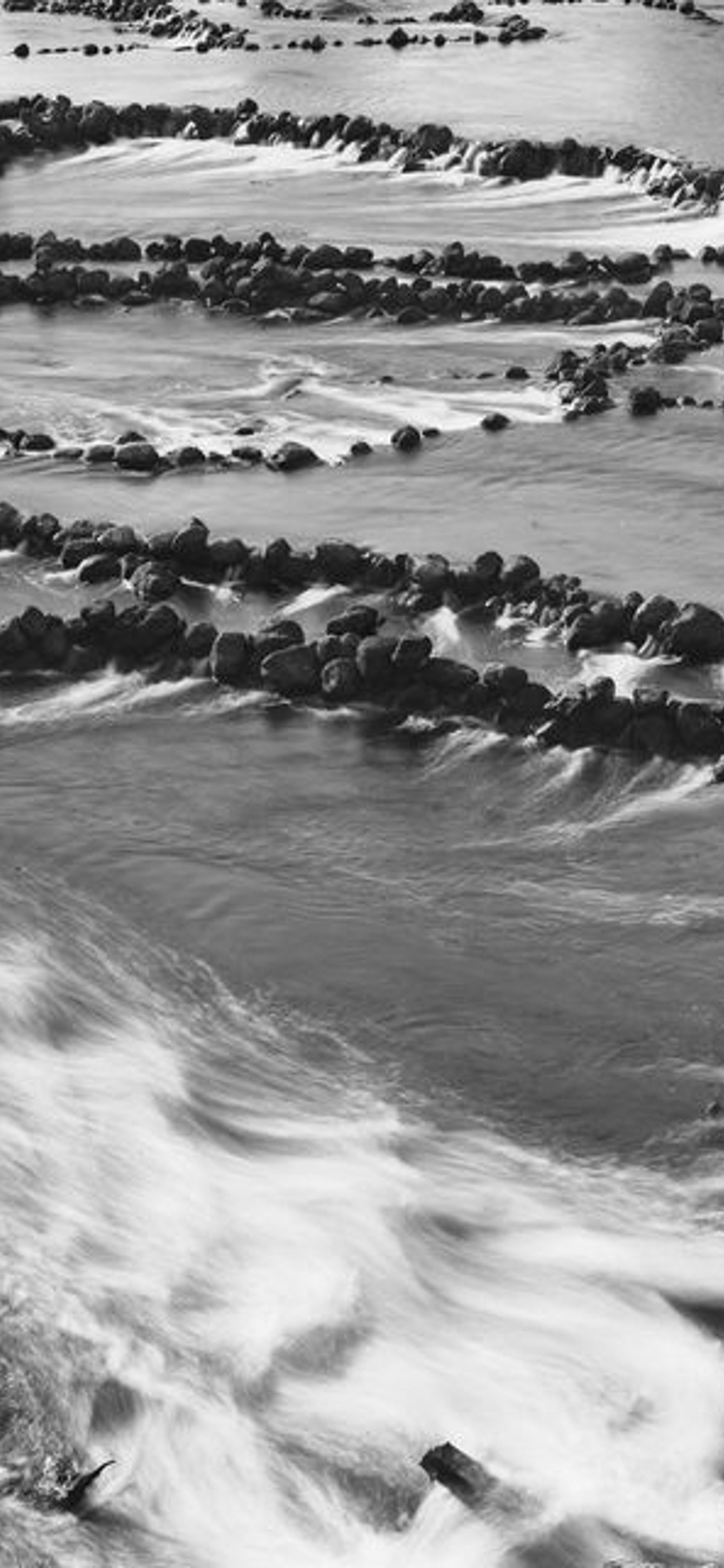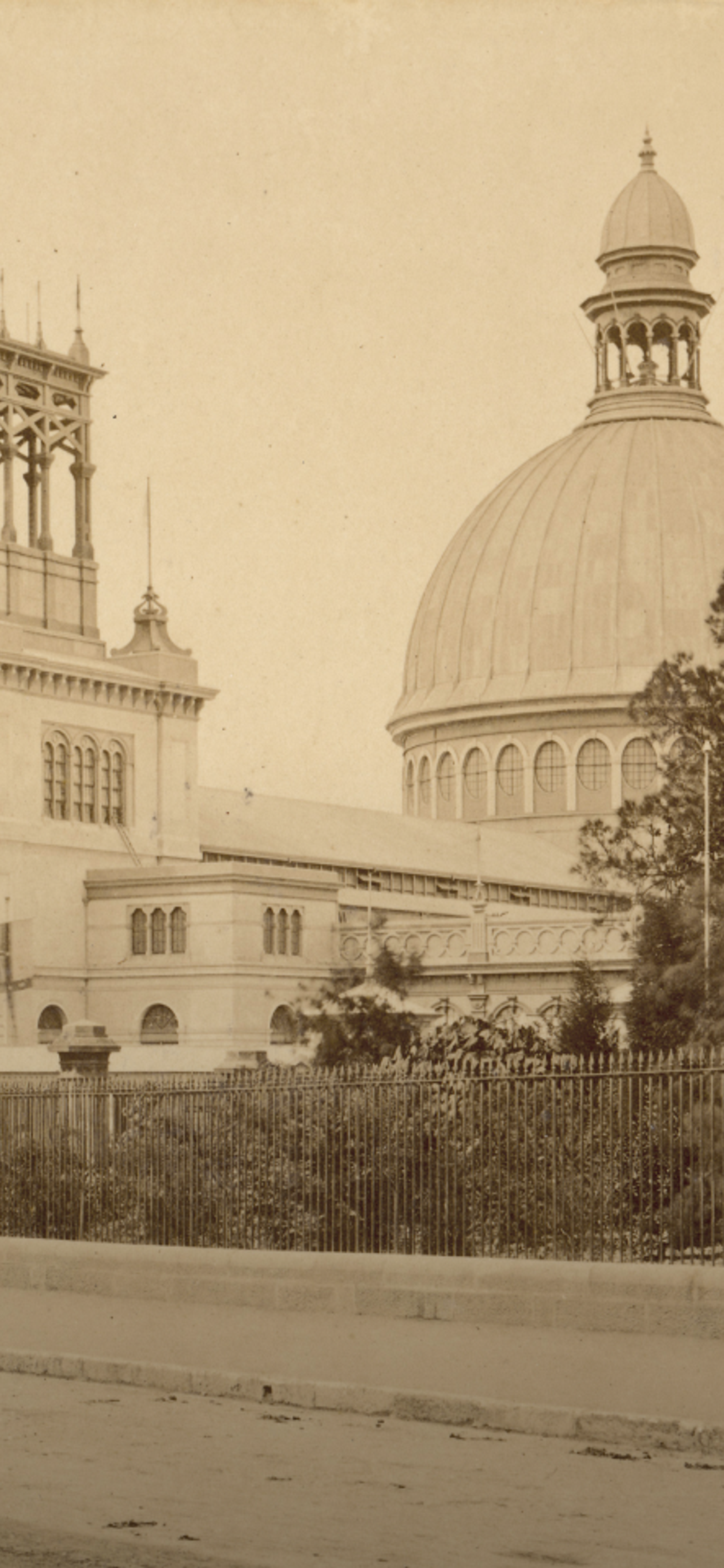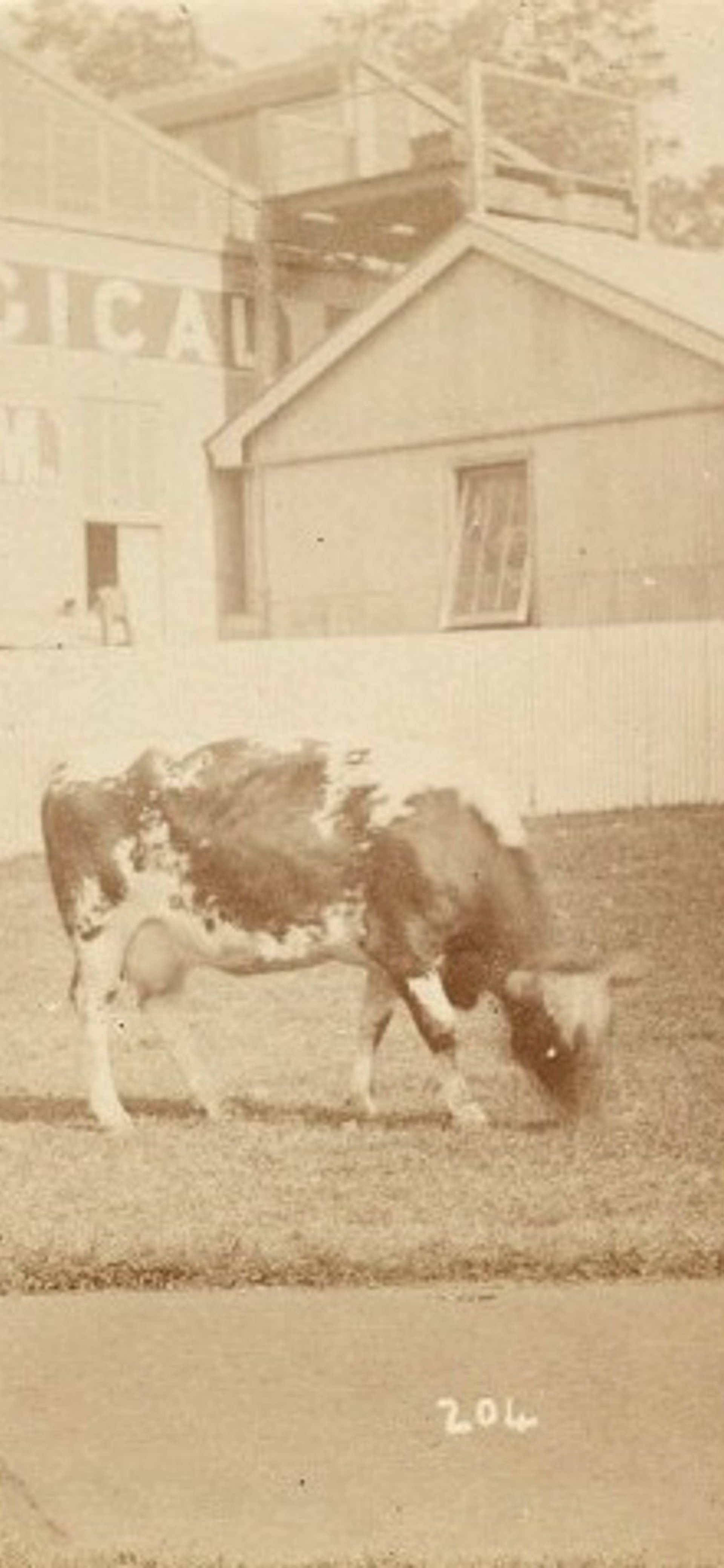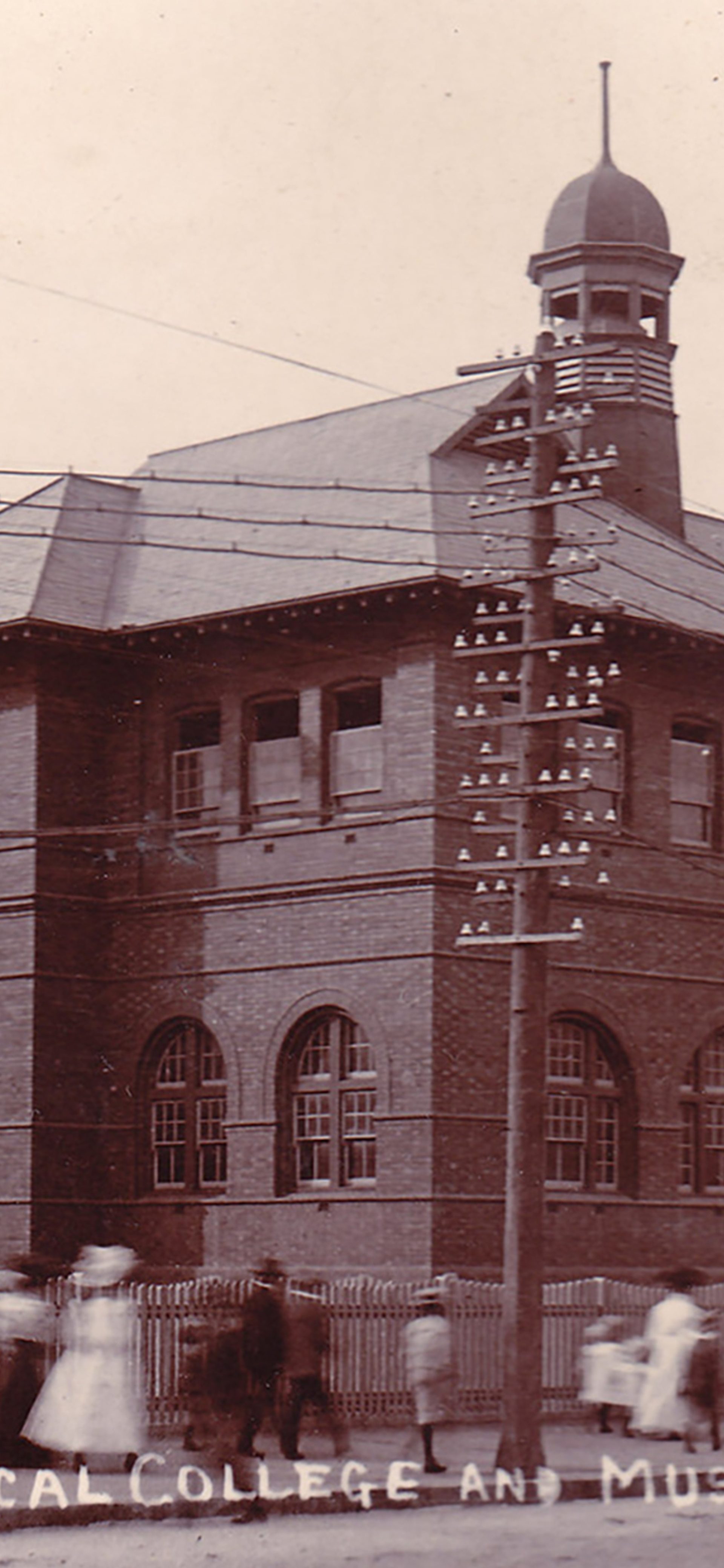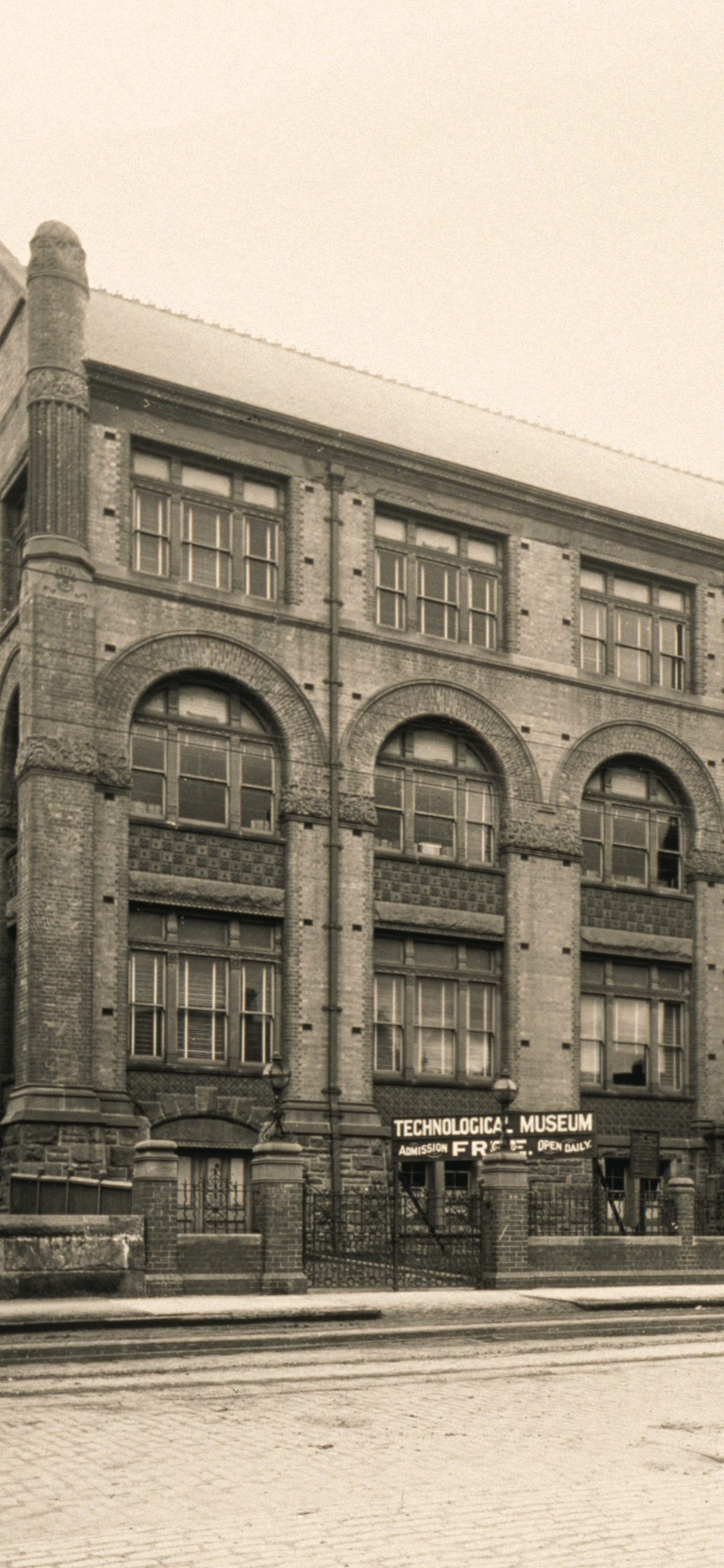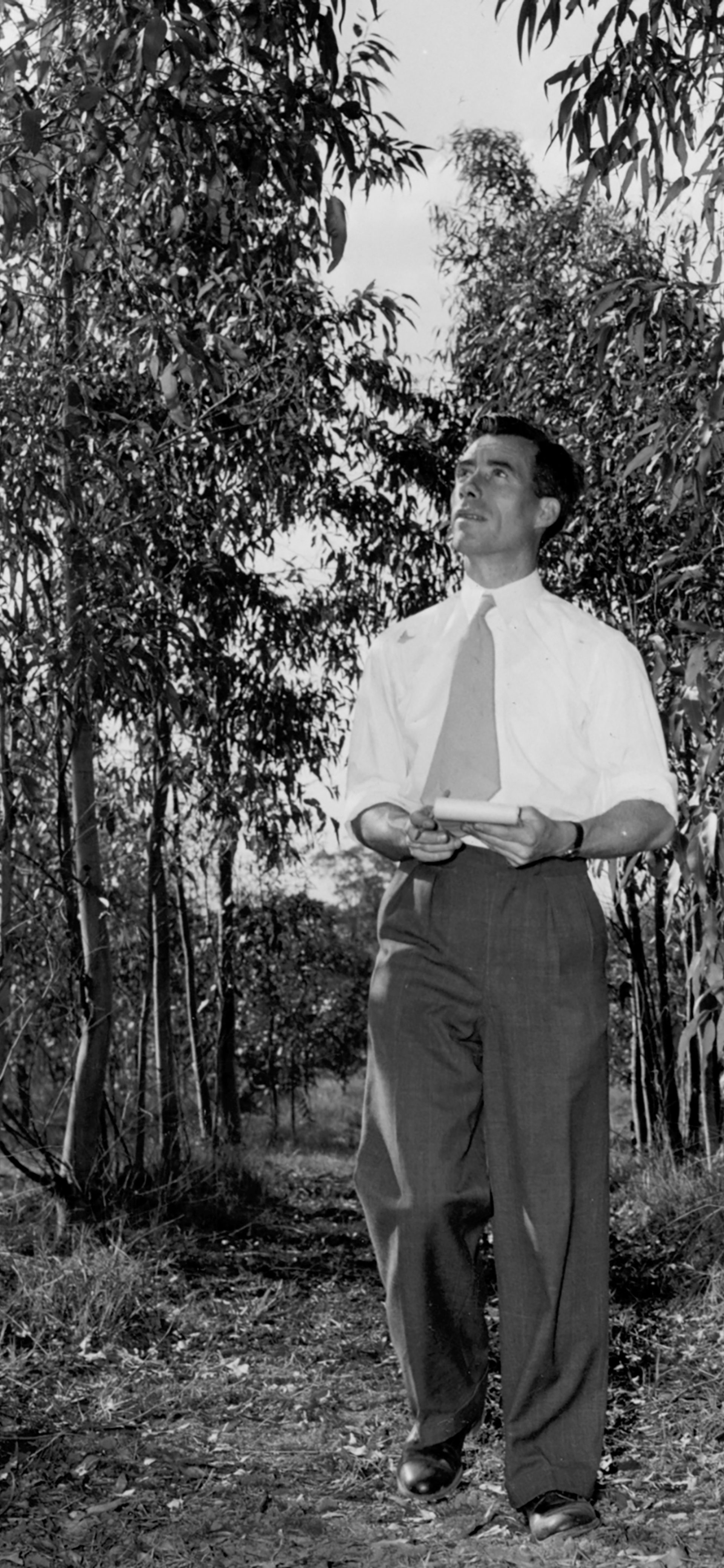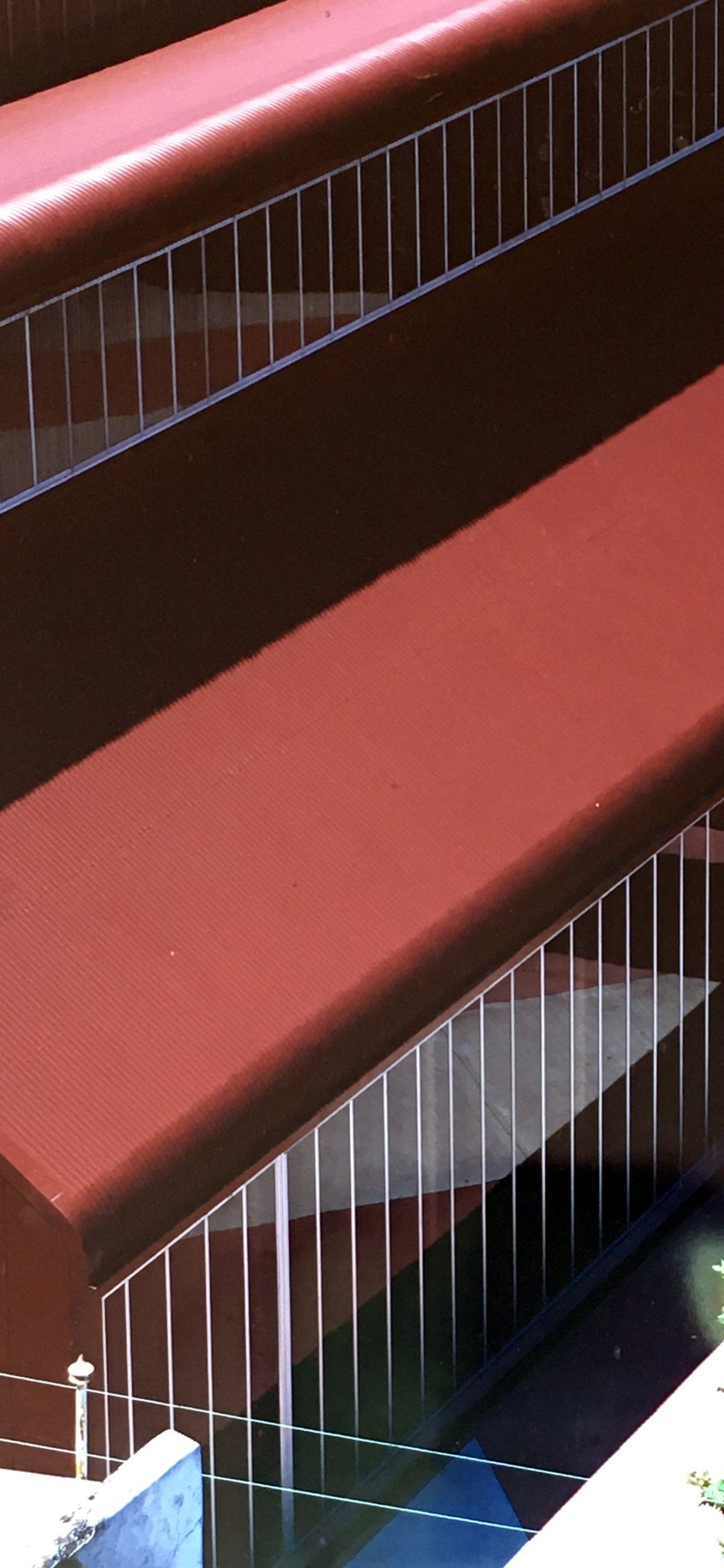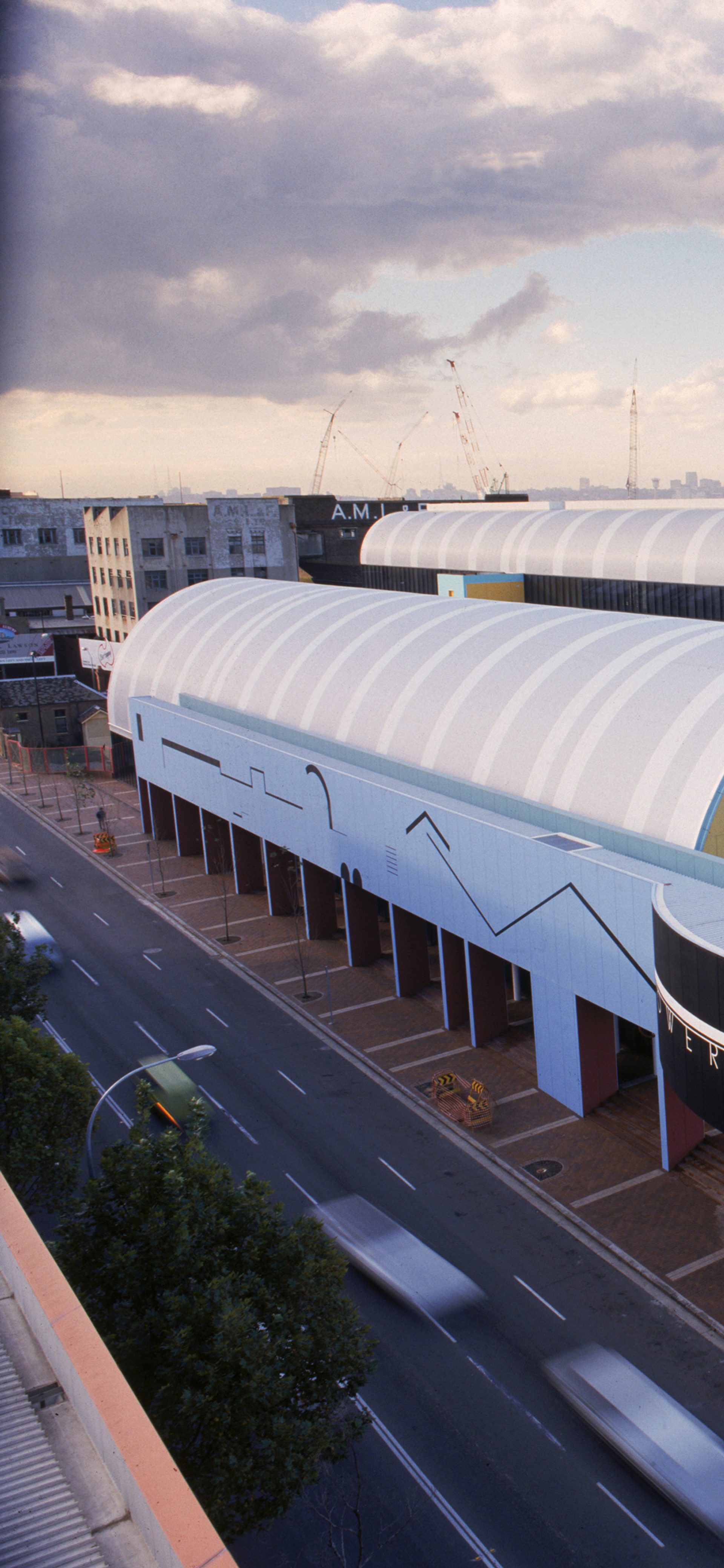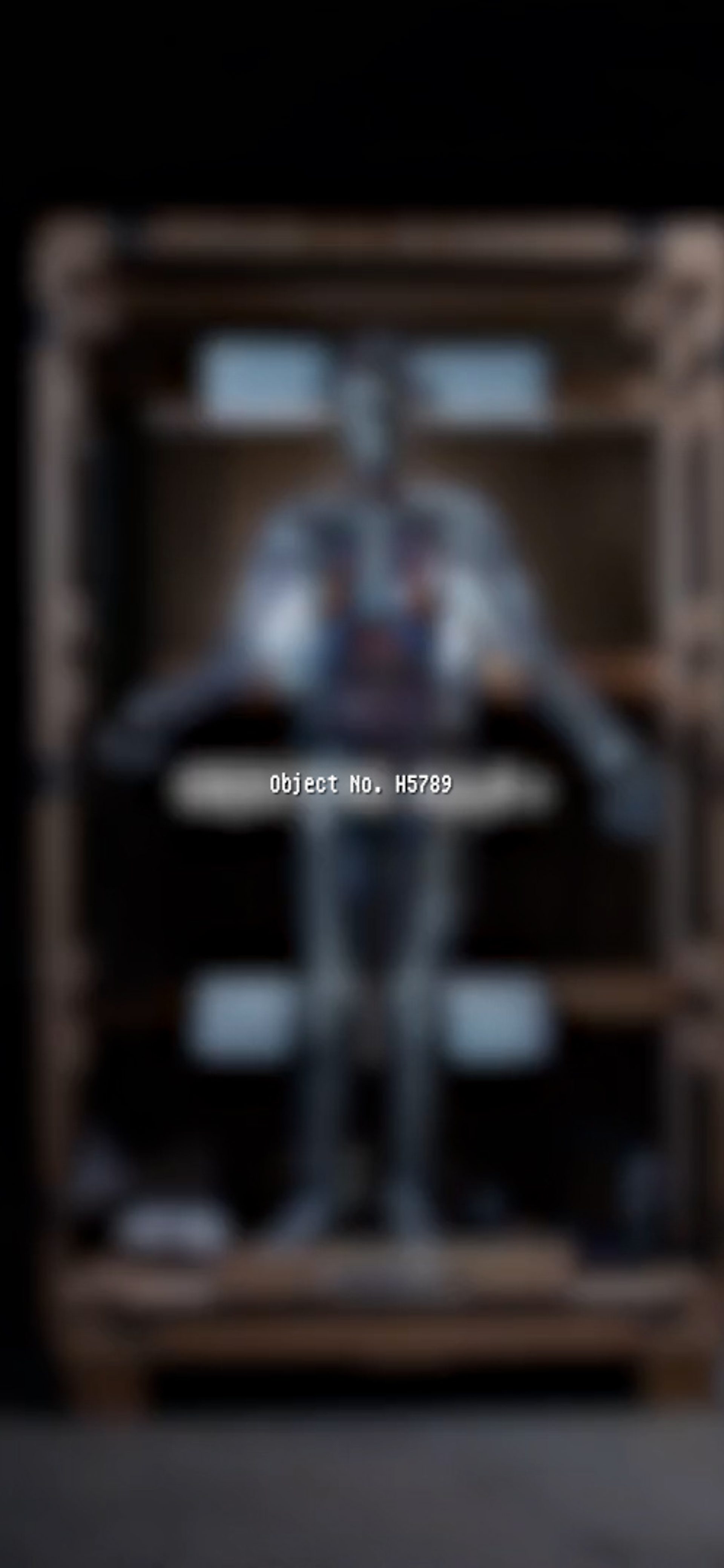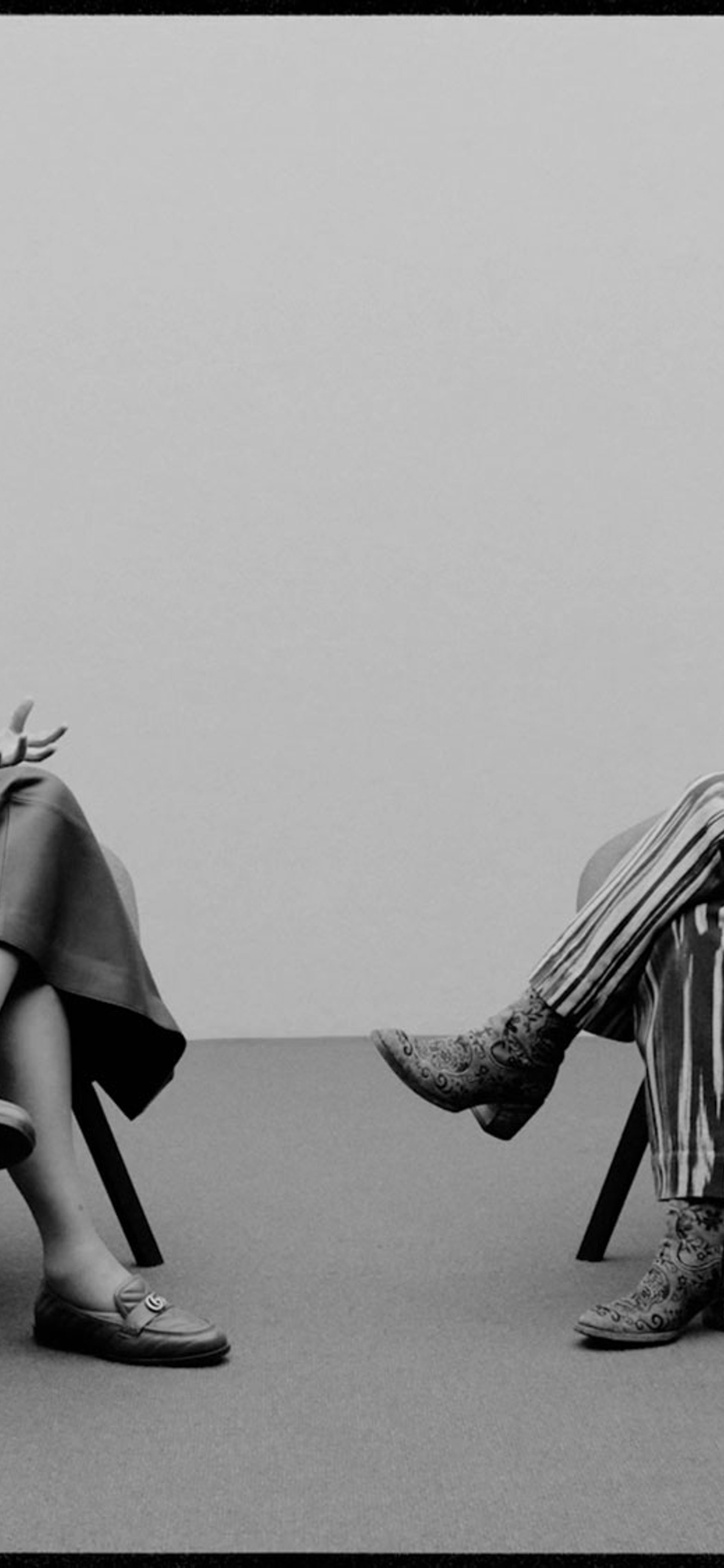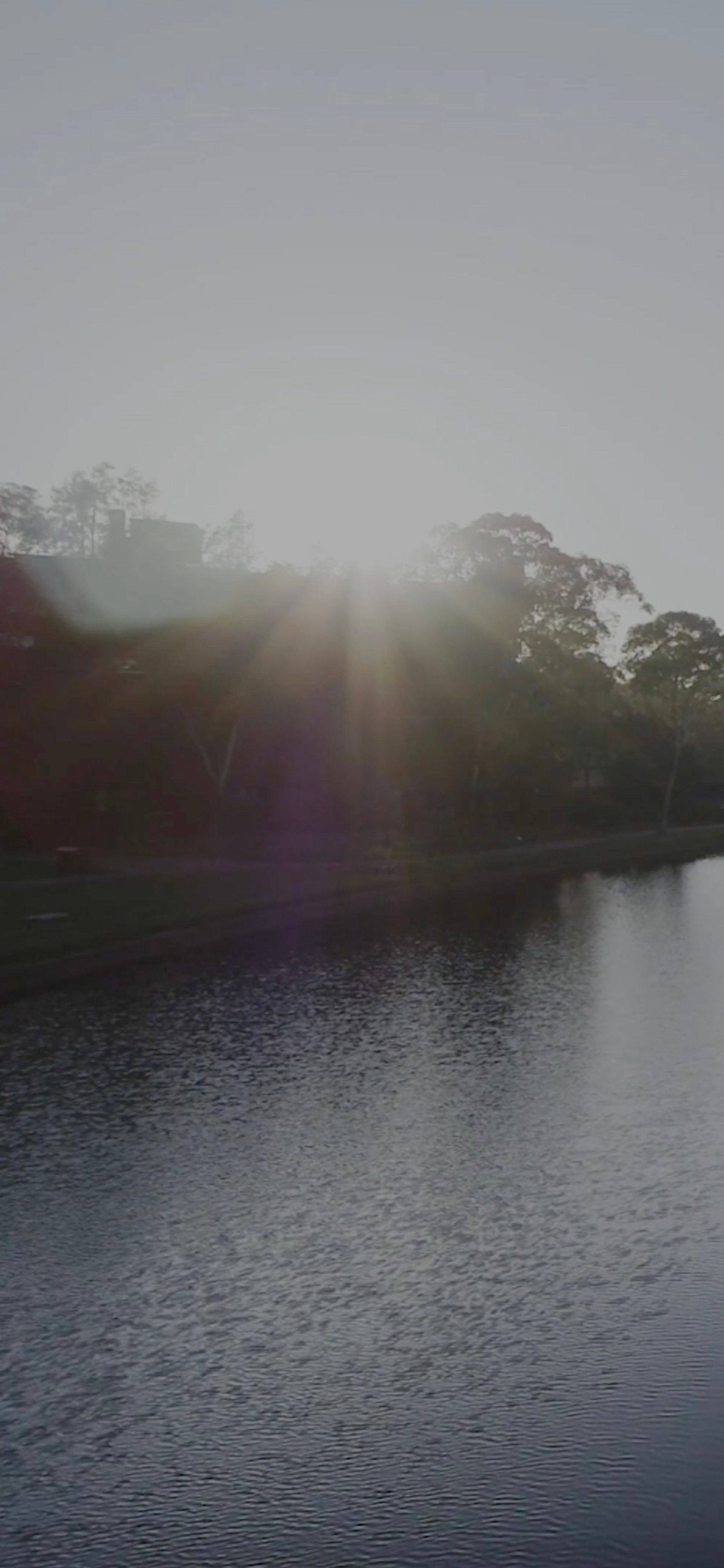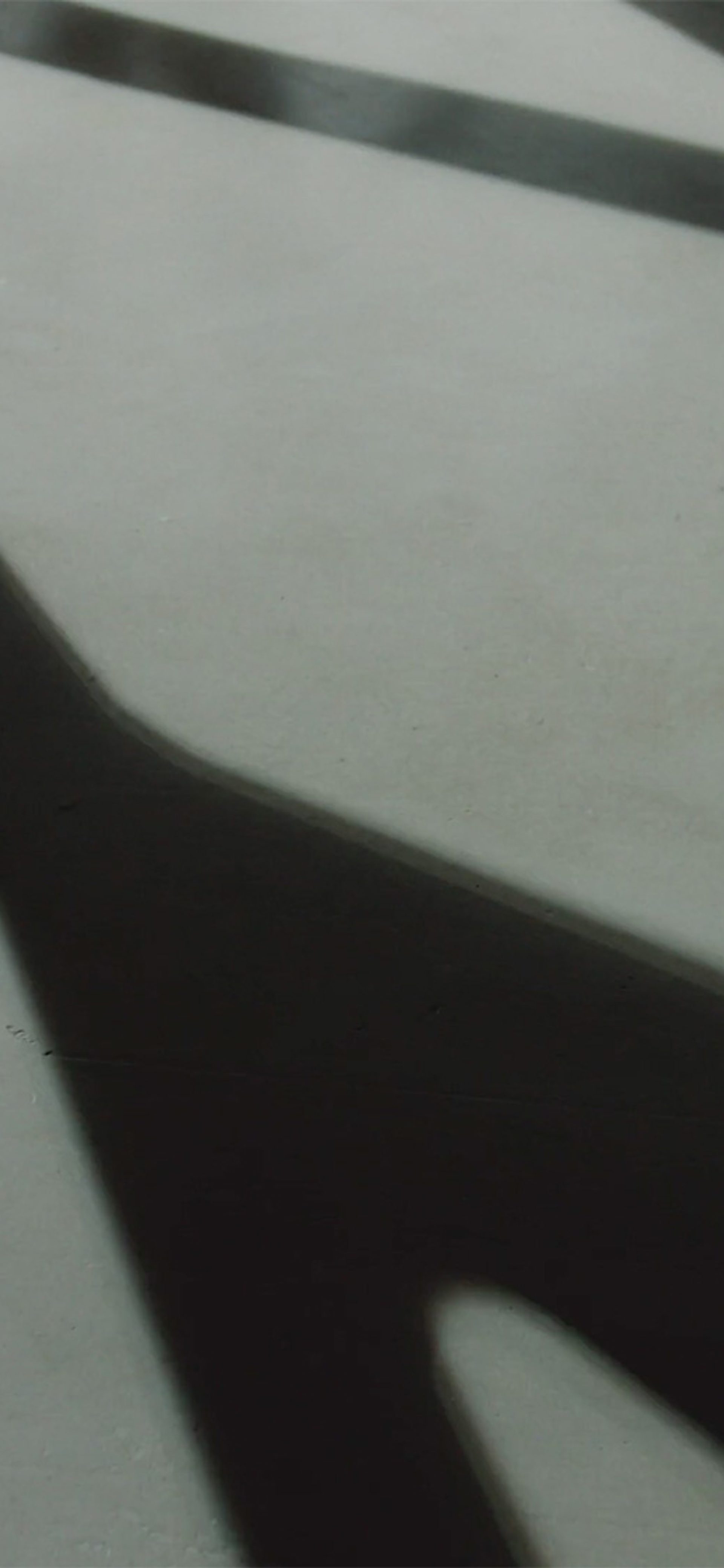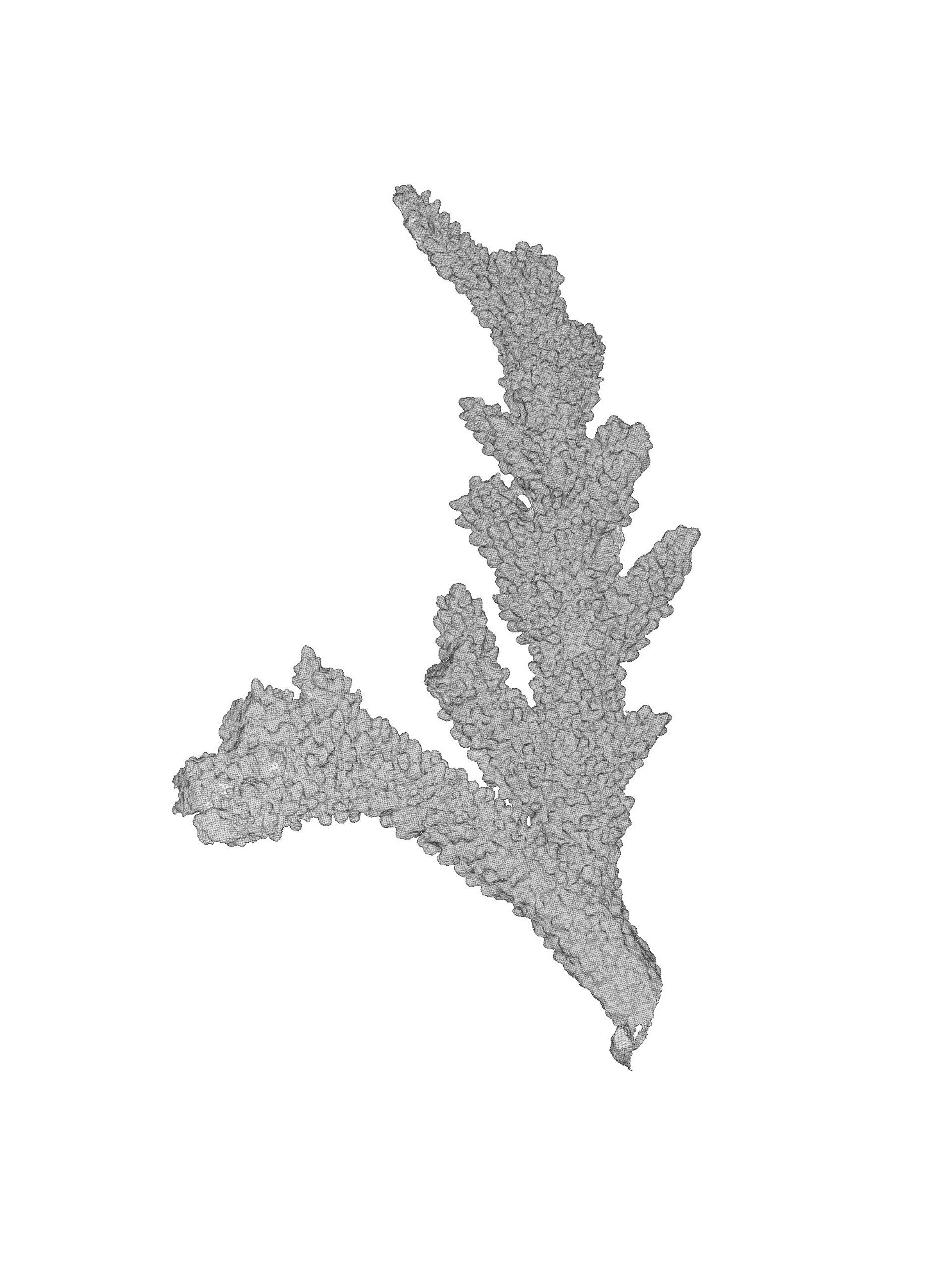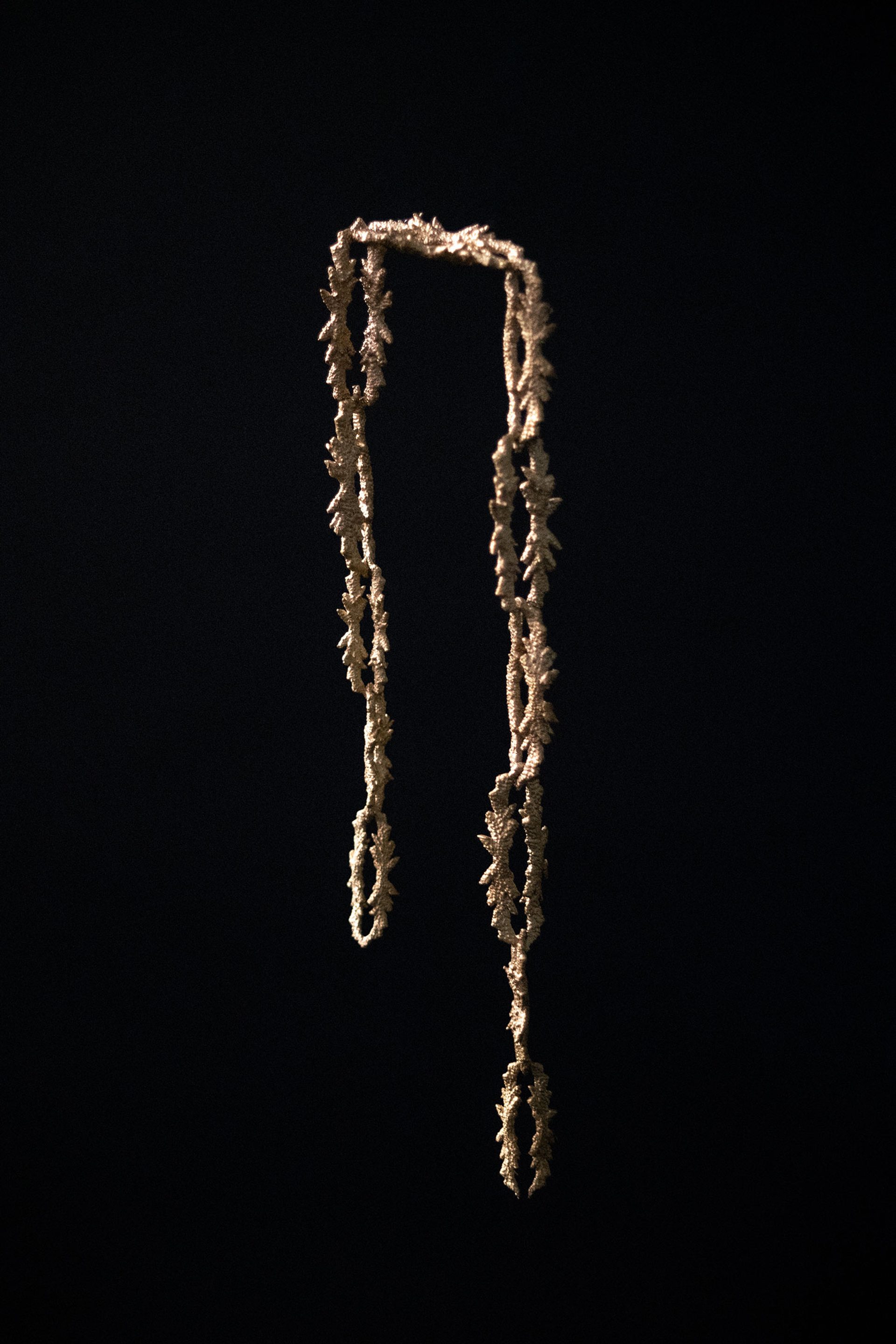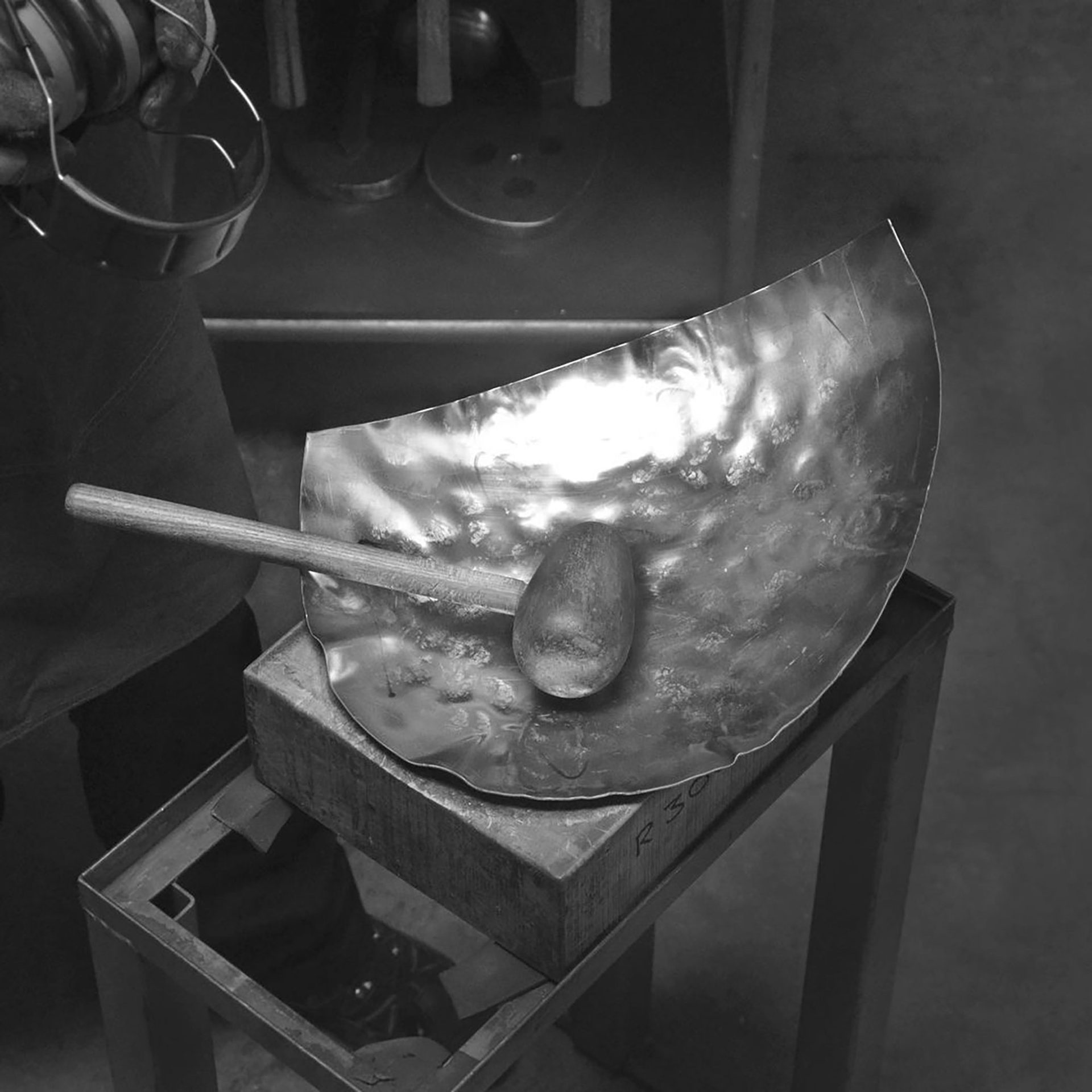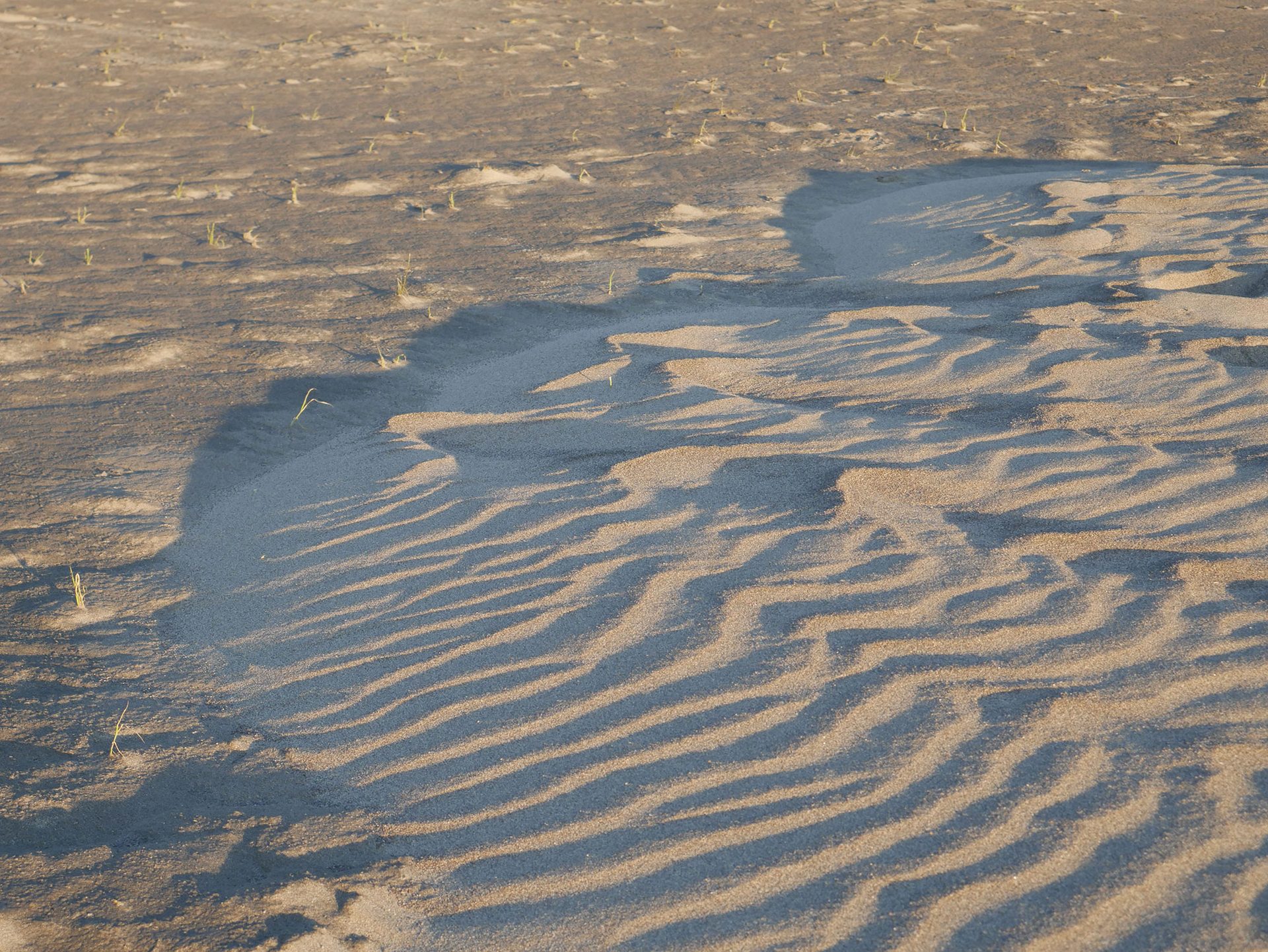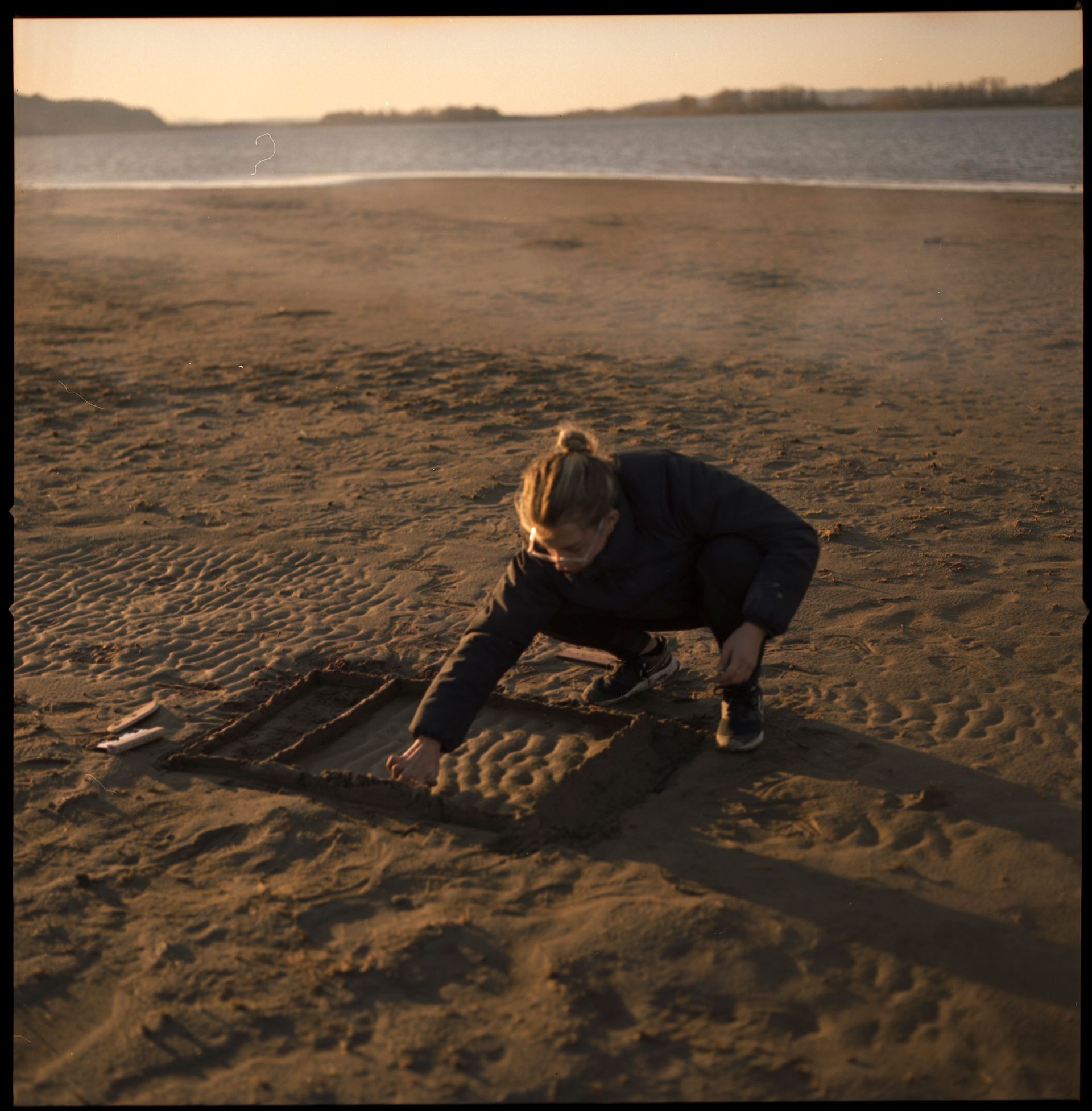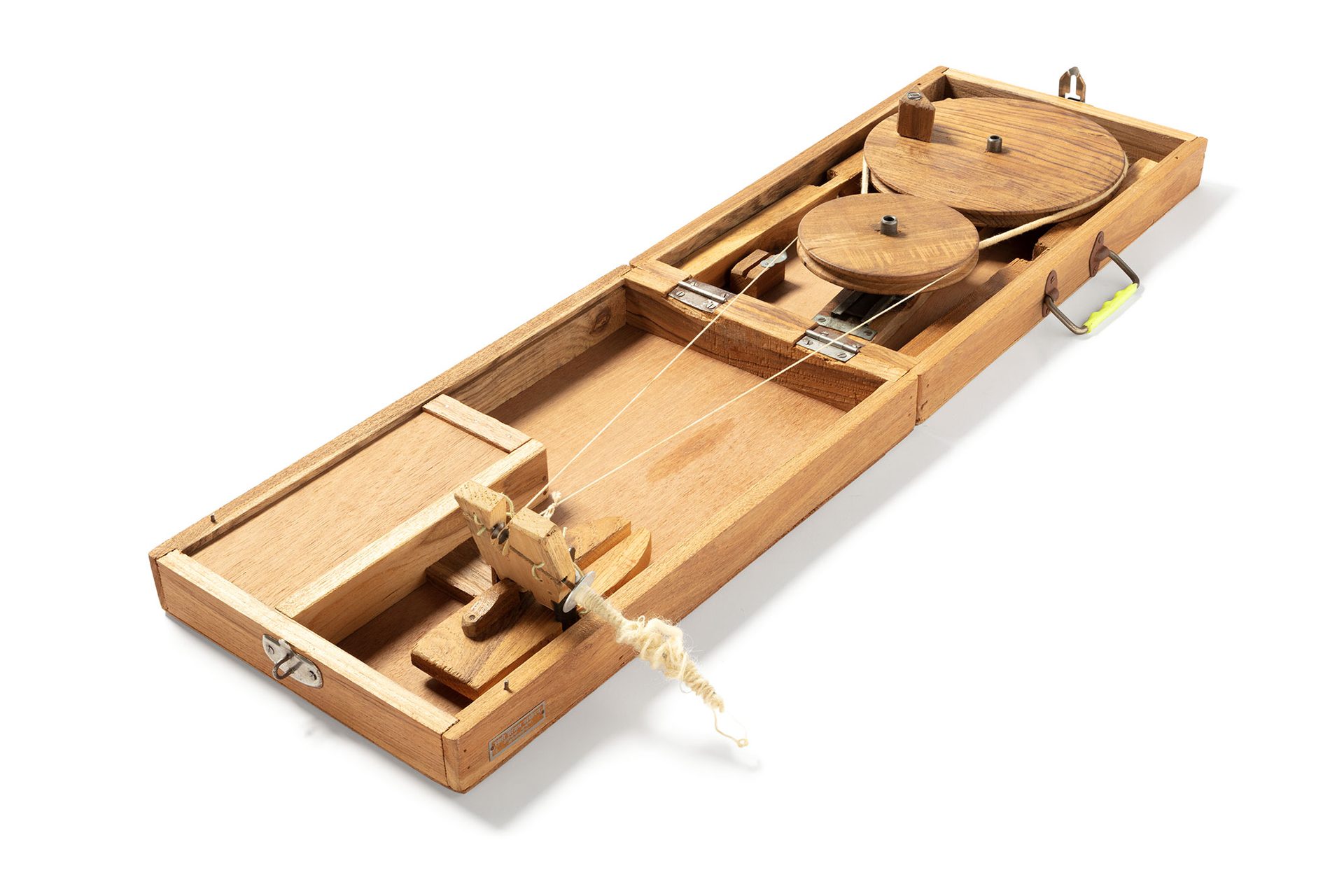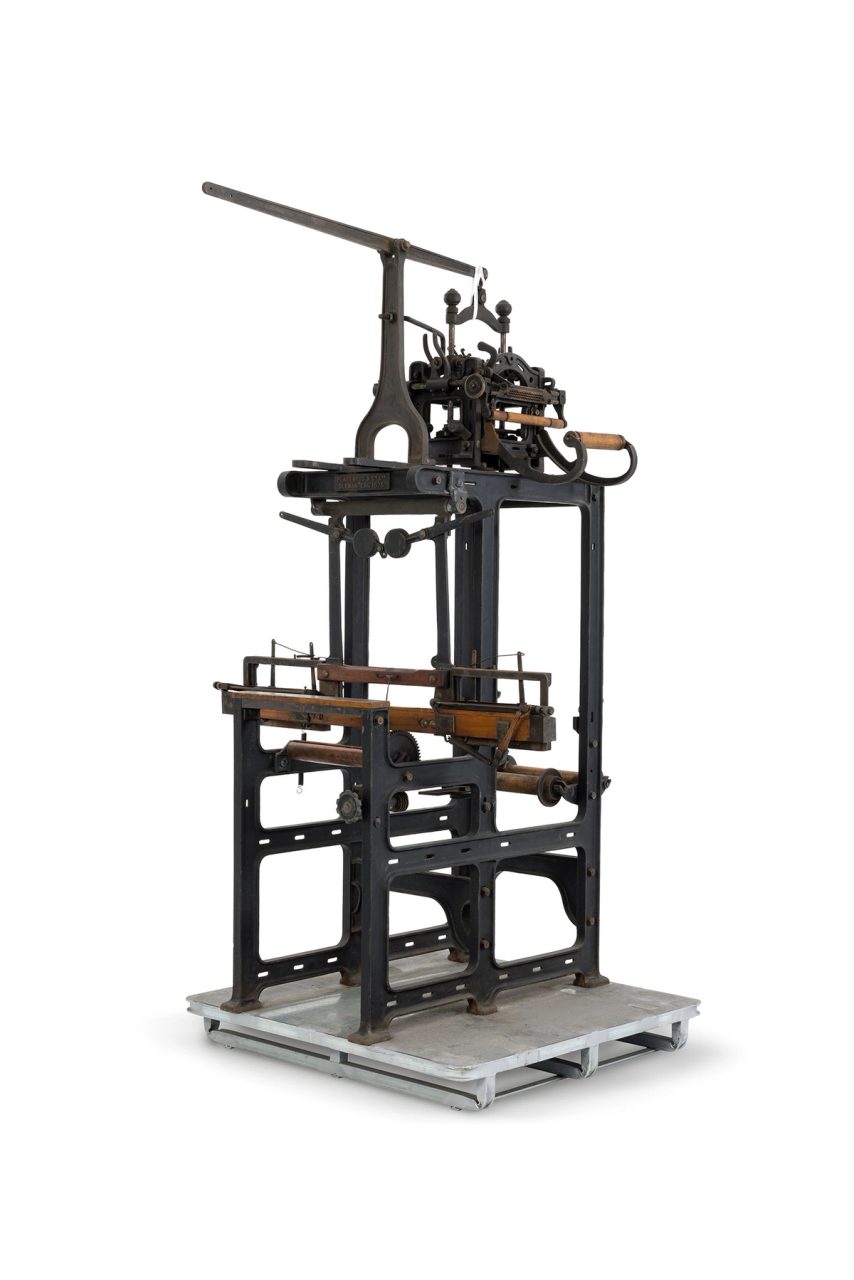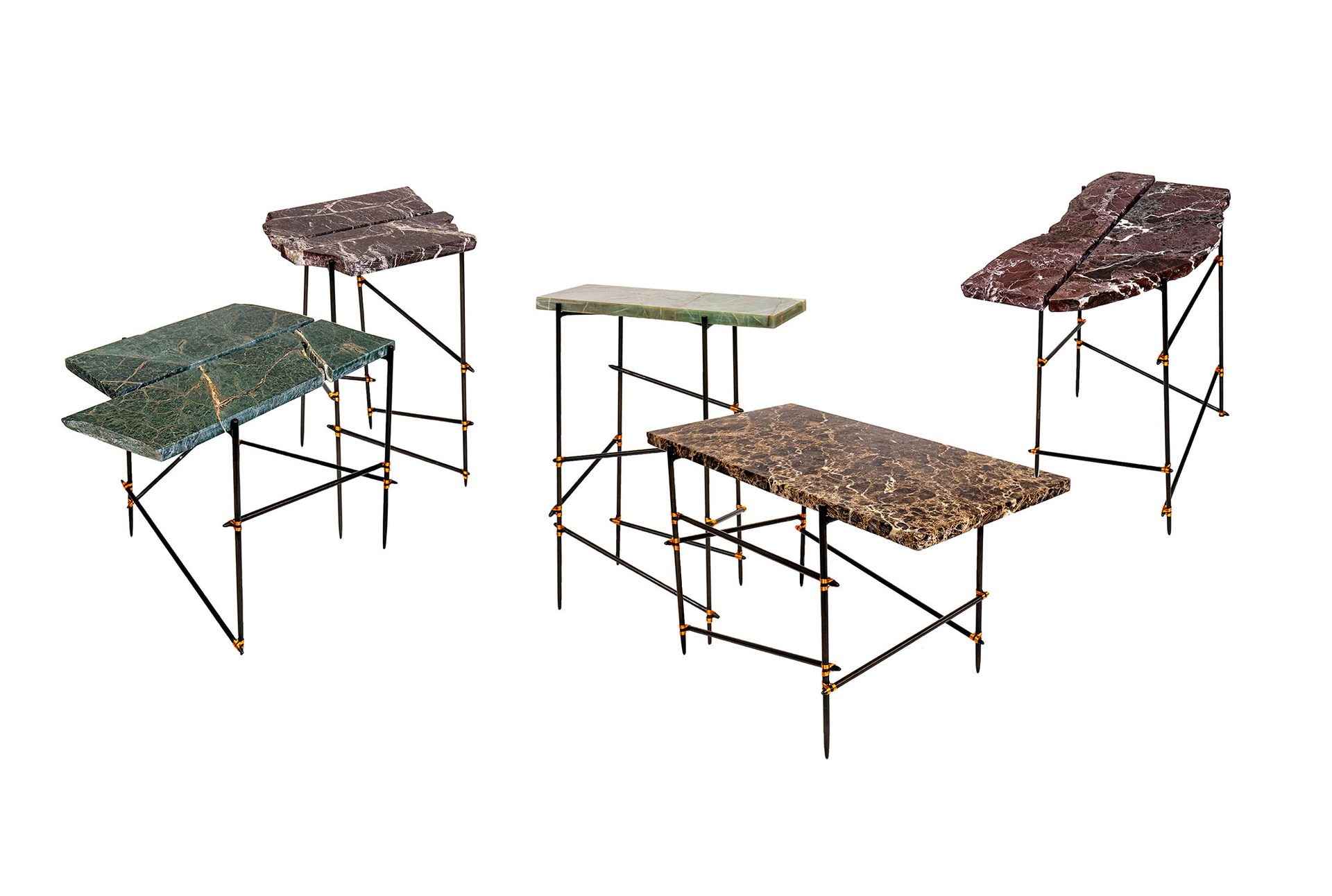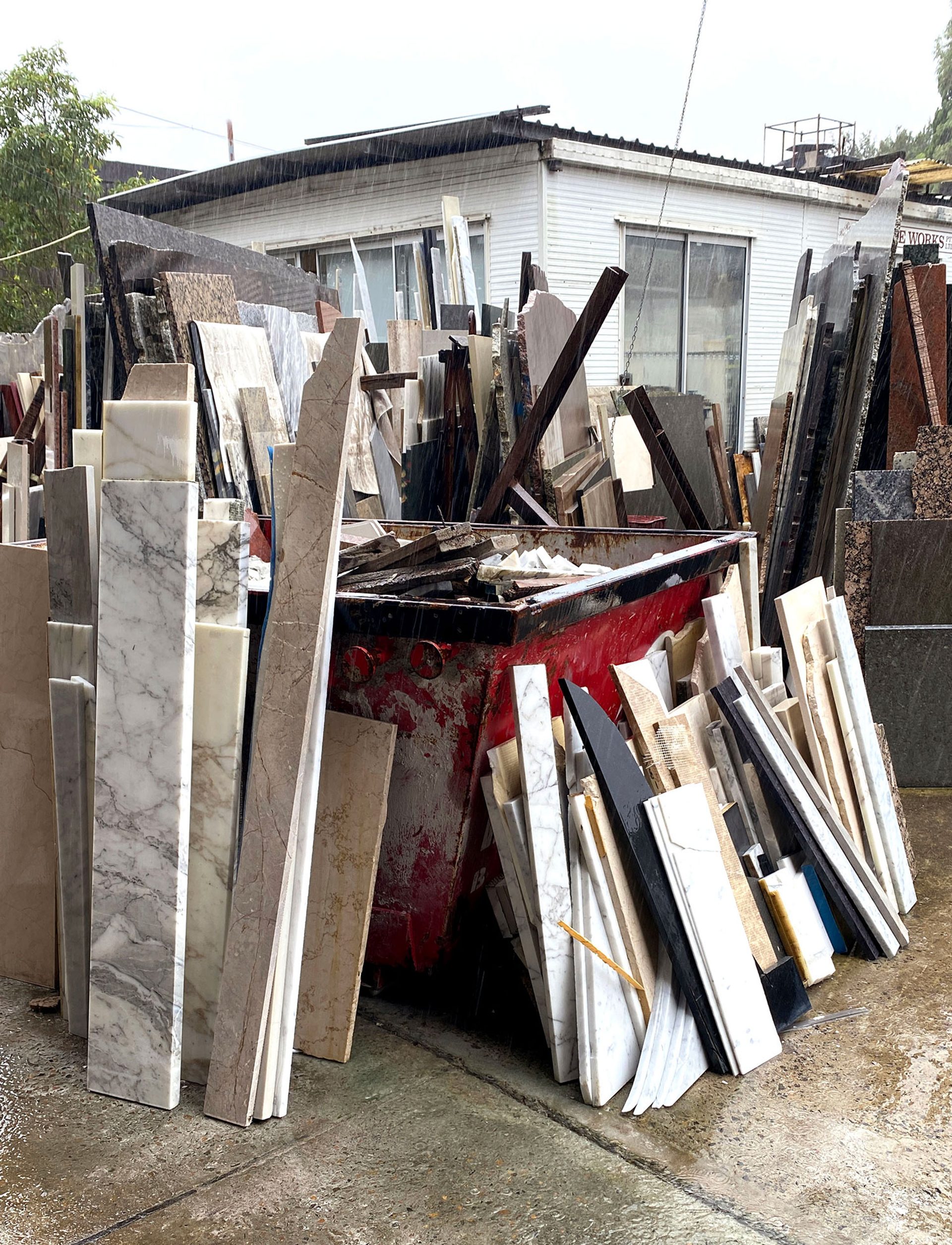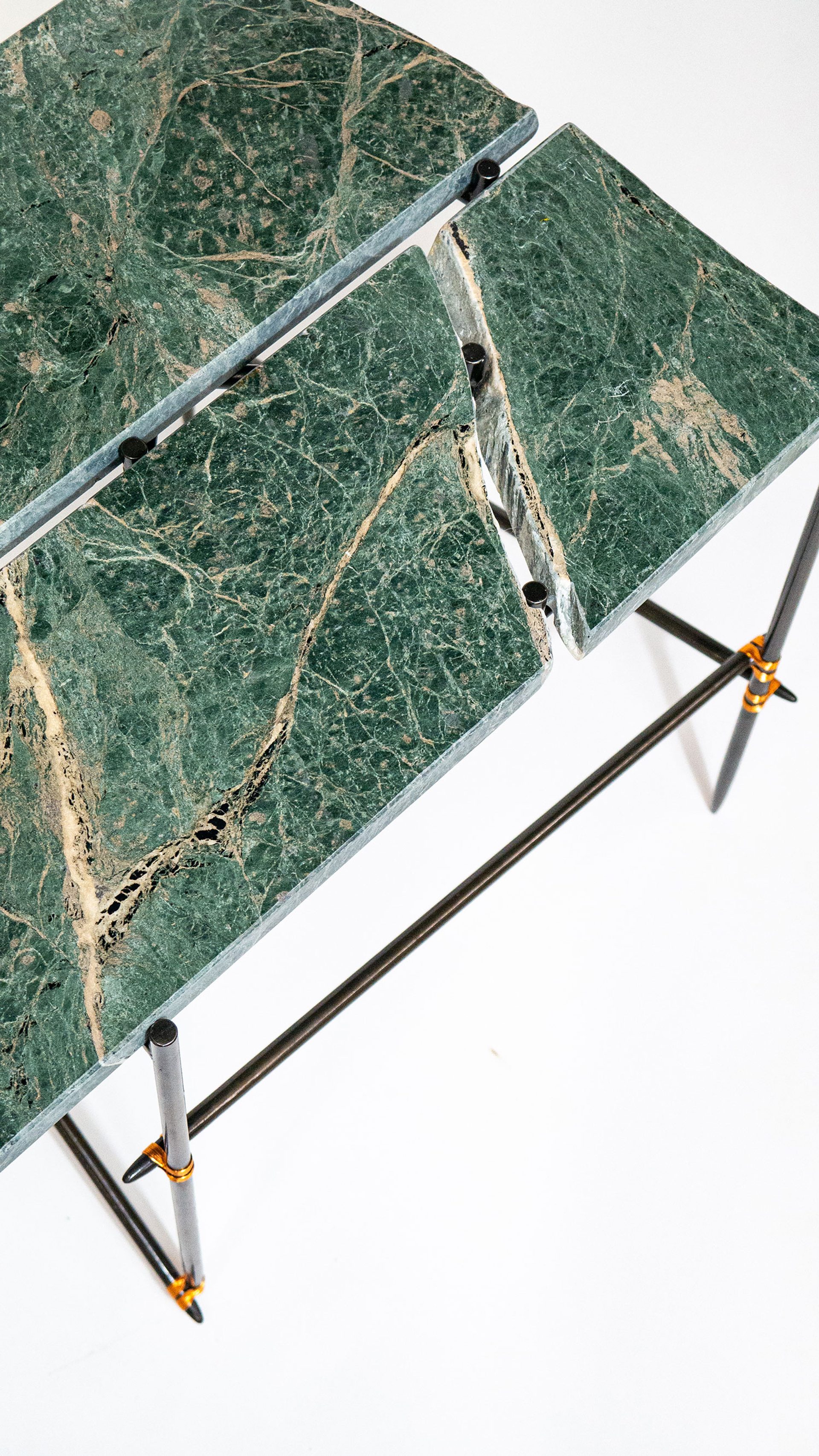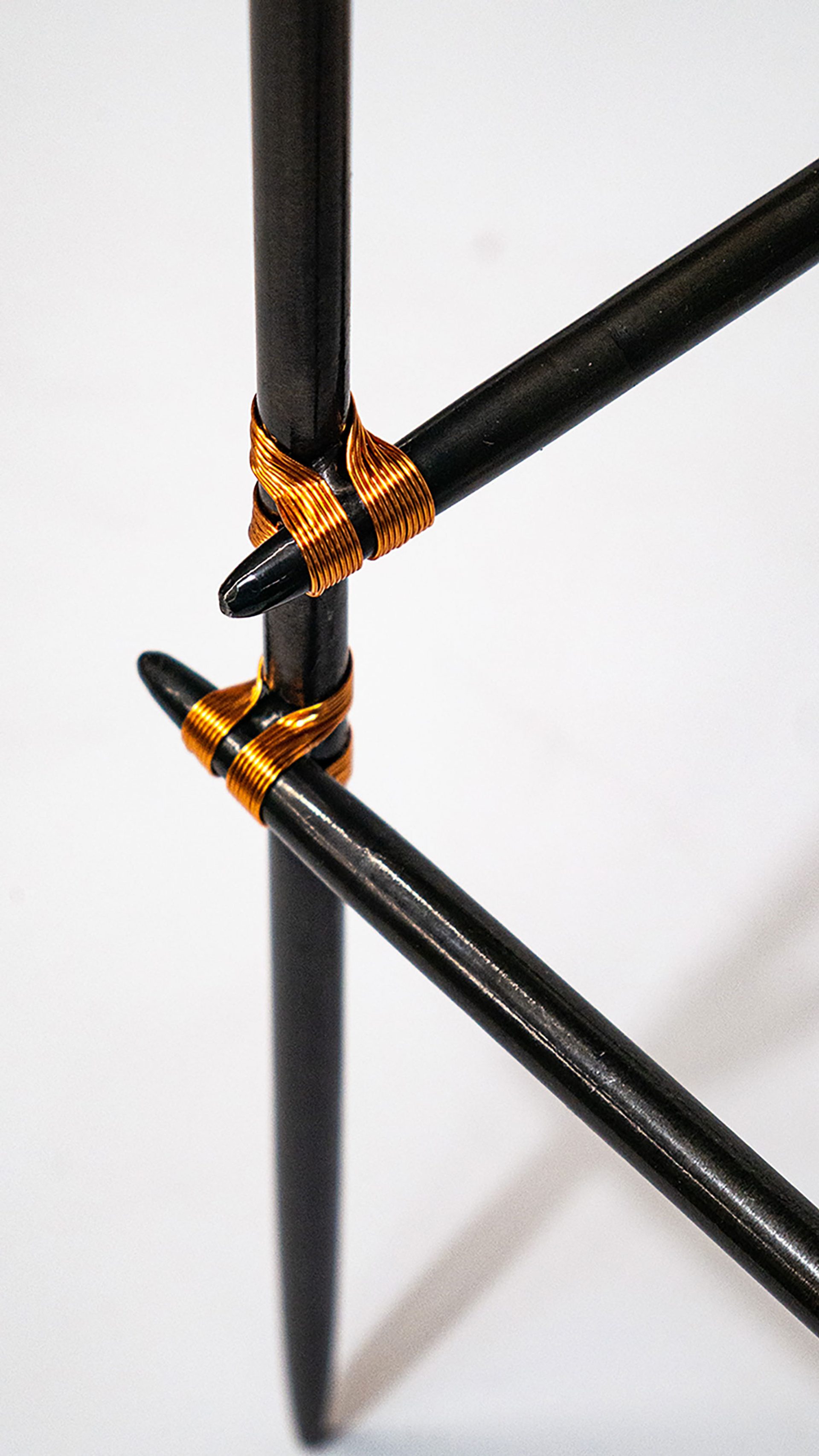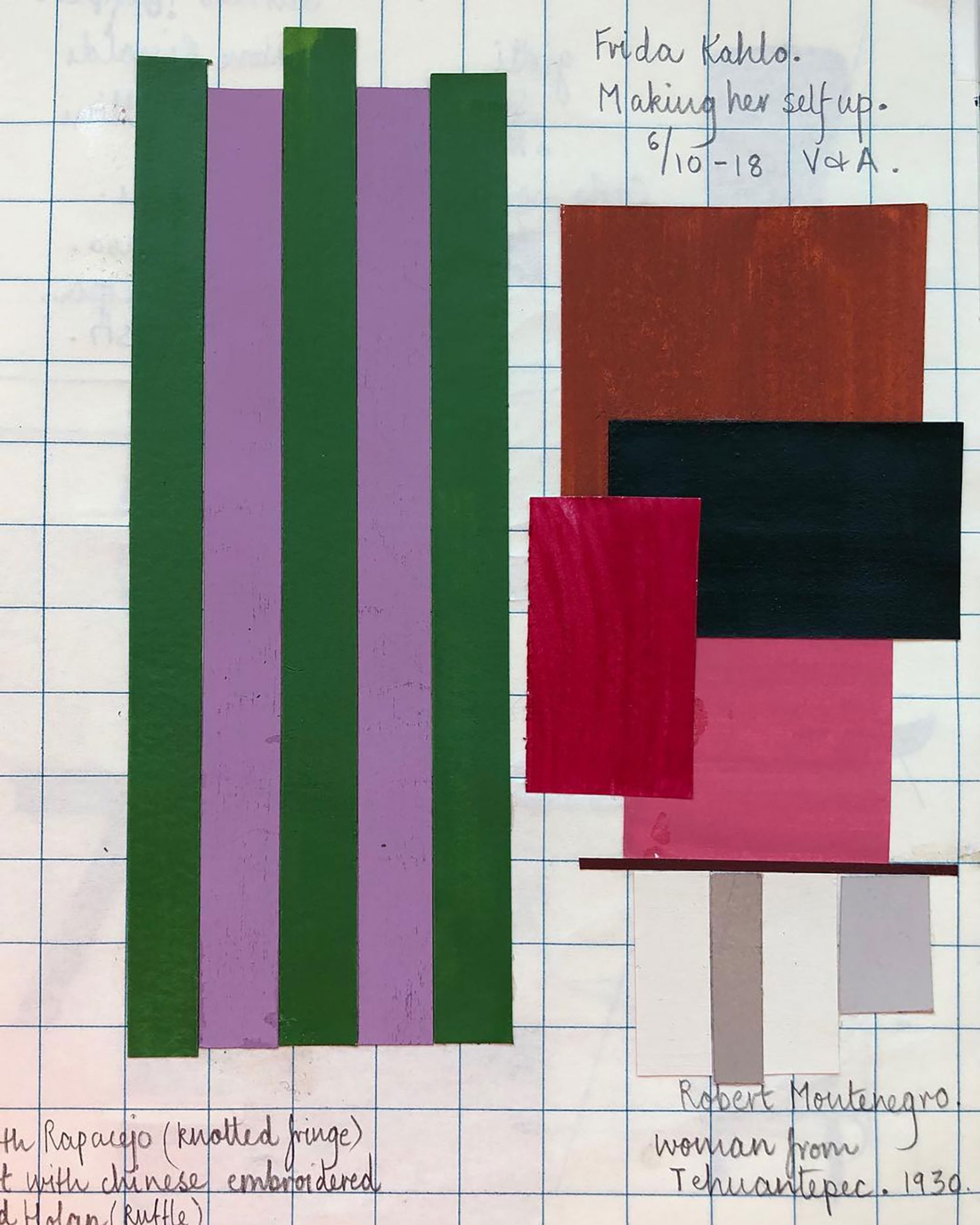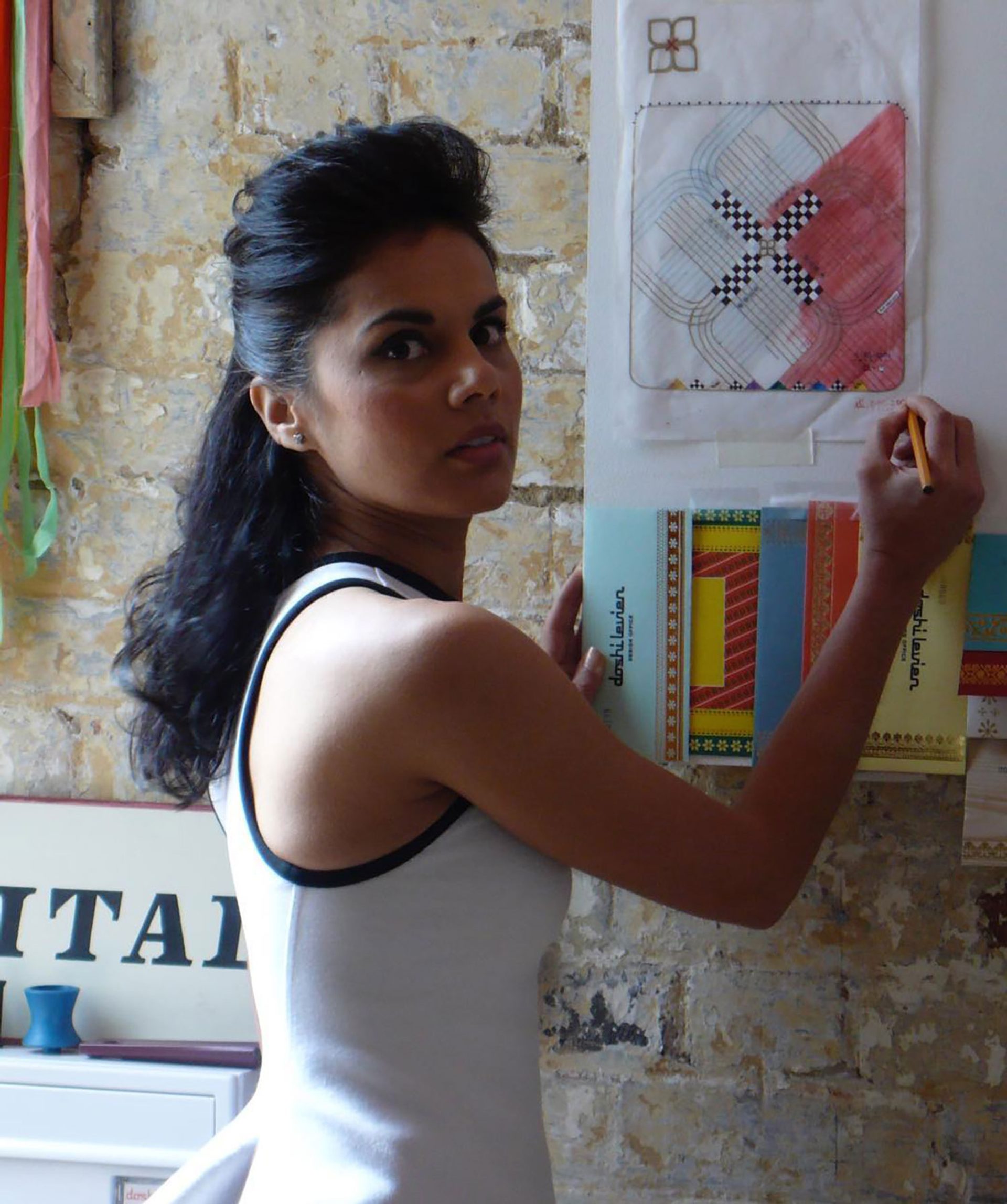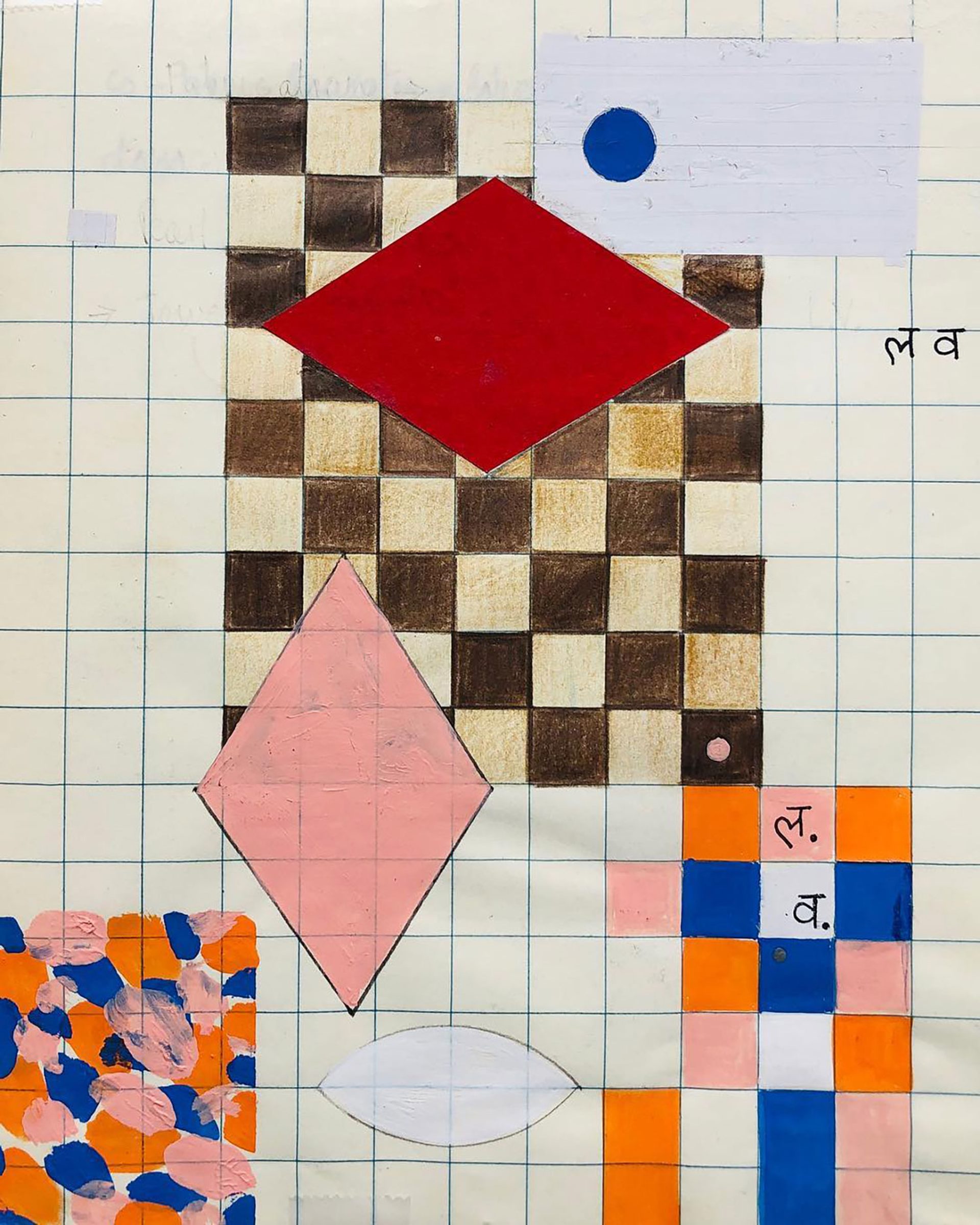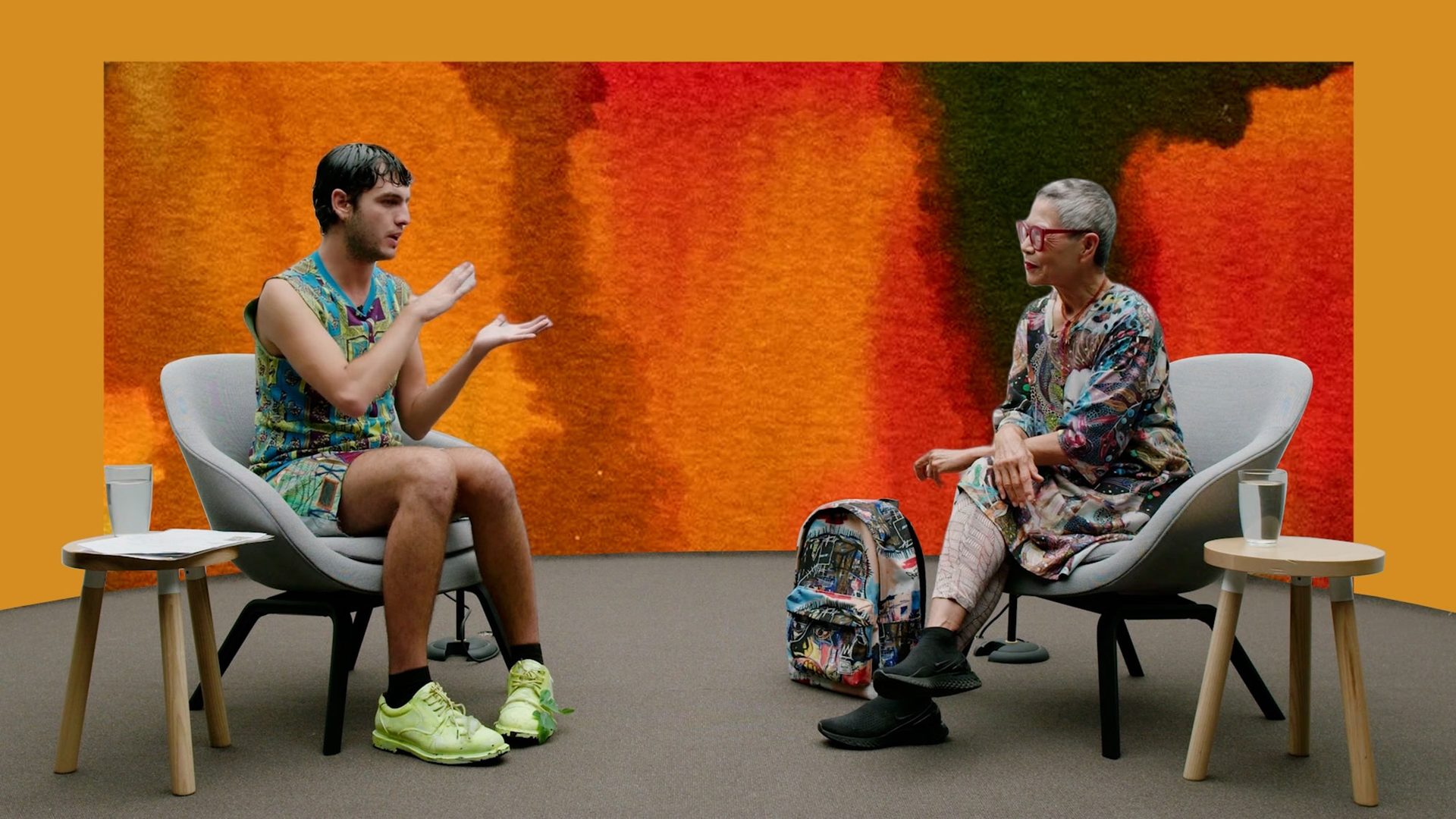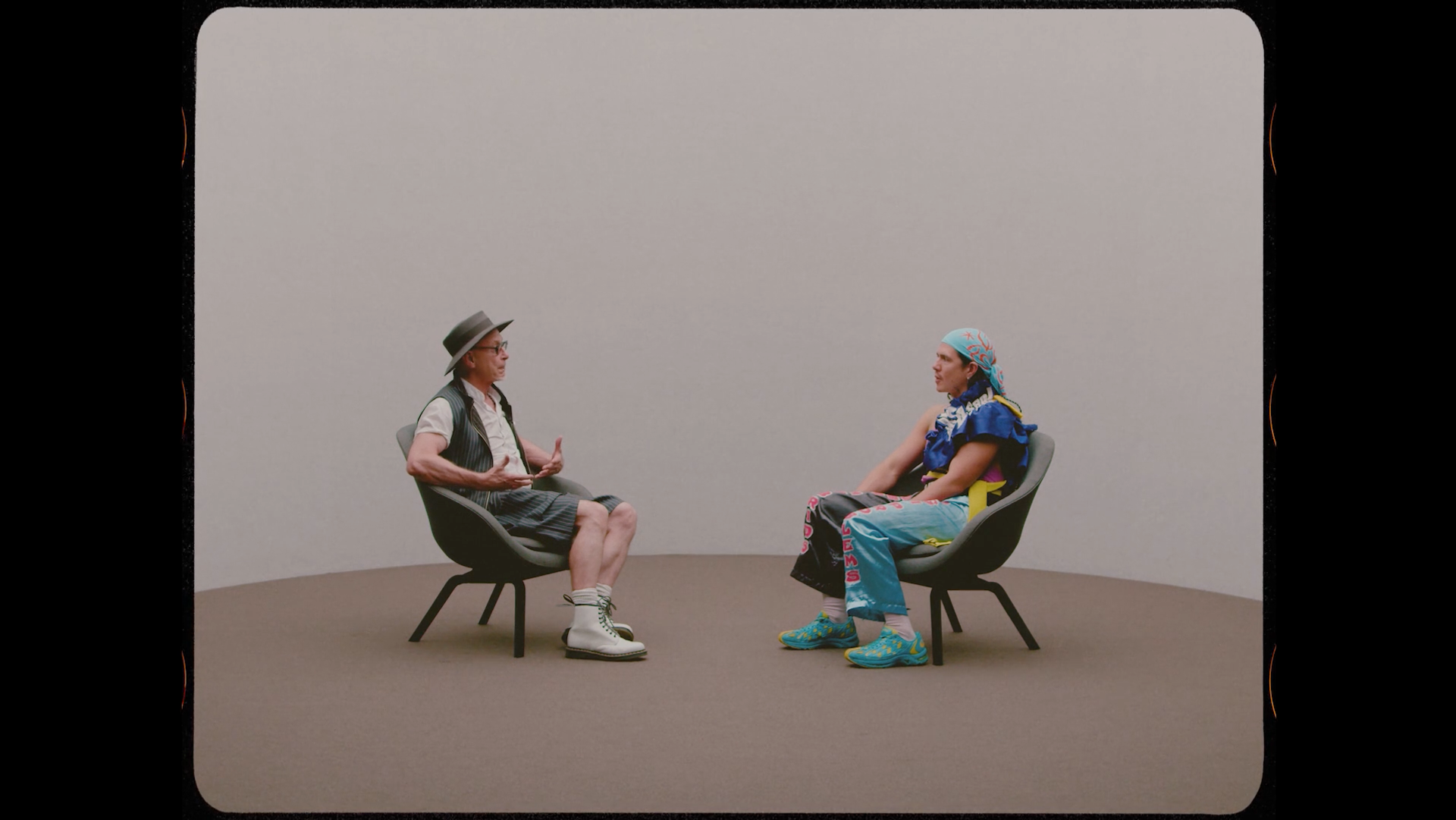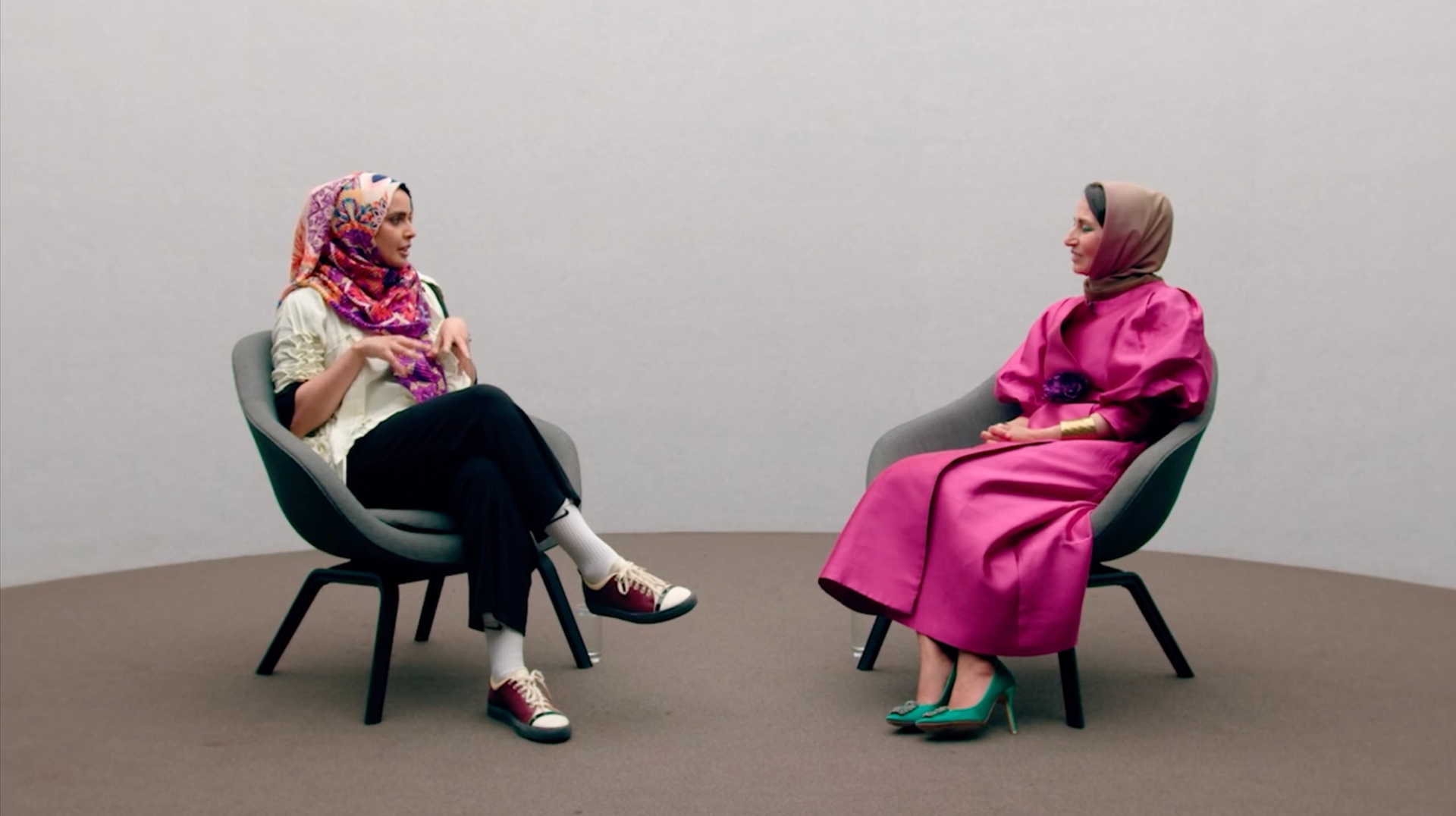Nipa Doshi x Marlo Lyda

‘In India, we have the saying that, to know something is knowledge, but to know ‘how to’ is supreme knowledge.’
Nipa Doshi, co-founder of British studio Doshi Levien, discusses design research, cross-cultural perspectives, and materiality with Australian designer-maker Marlo Lyda. Doshi recounts her formative years growing up in India and reflects on her studies at London's Royal College of Art in the late 1990s. Lyda, having recently returned to Australia after completing a BA at the Design Academy Eindhoven (Netherlands) considers how her education abroad has impacted her emerging practice, in which she challenges widely accepted manufacturing processes and production techniques.
‘When I went to the UK, I went to the Royal College of Art in London. I suddenly realised that I actually don't really know about European design because it was something that I learned second hand rather than something that related to my culture, to my immediate environment.’
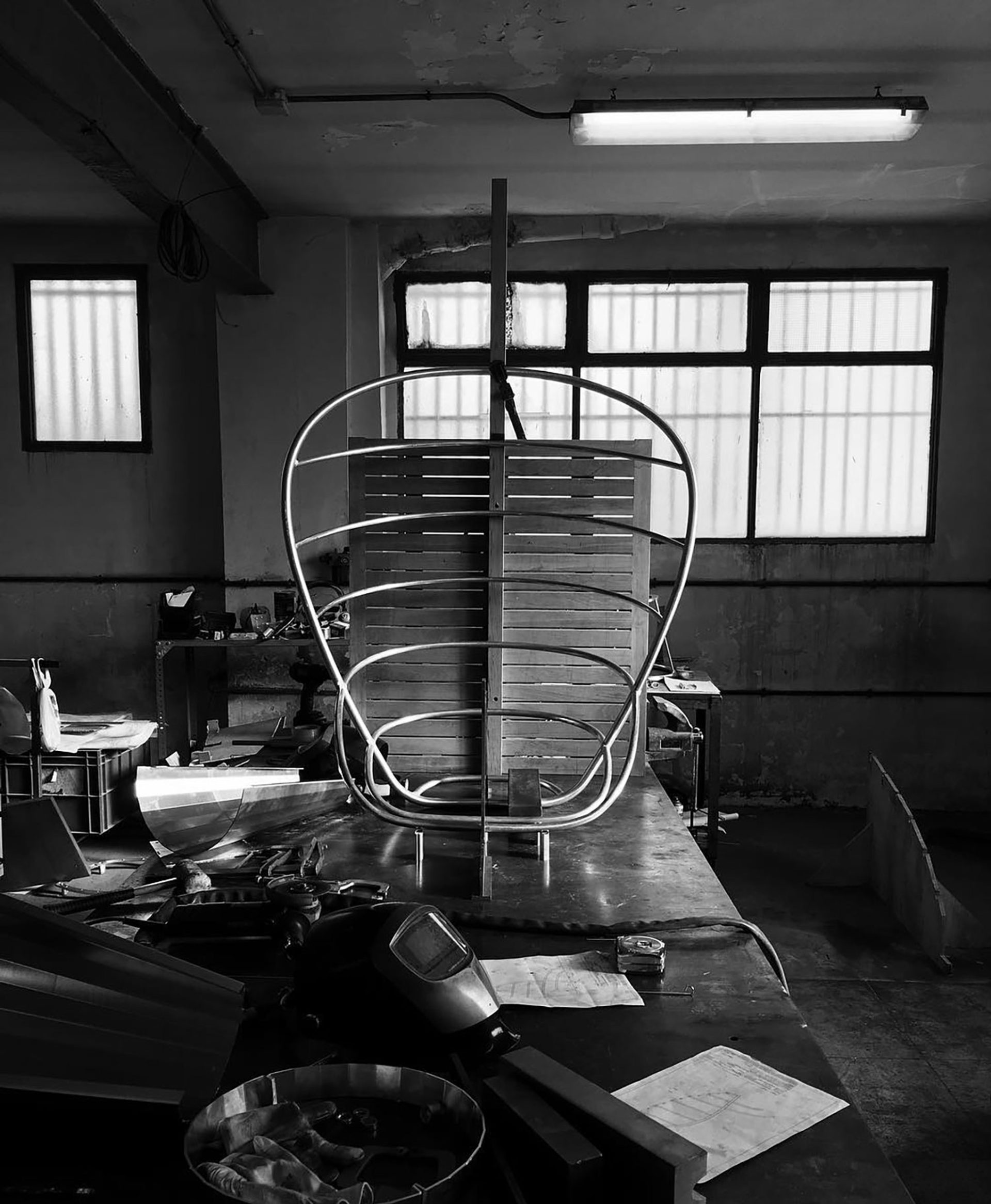
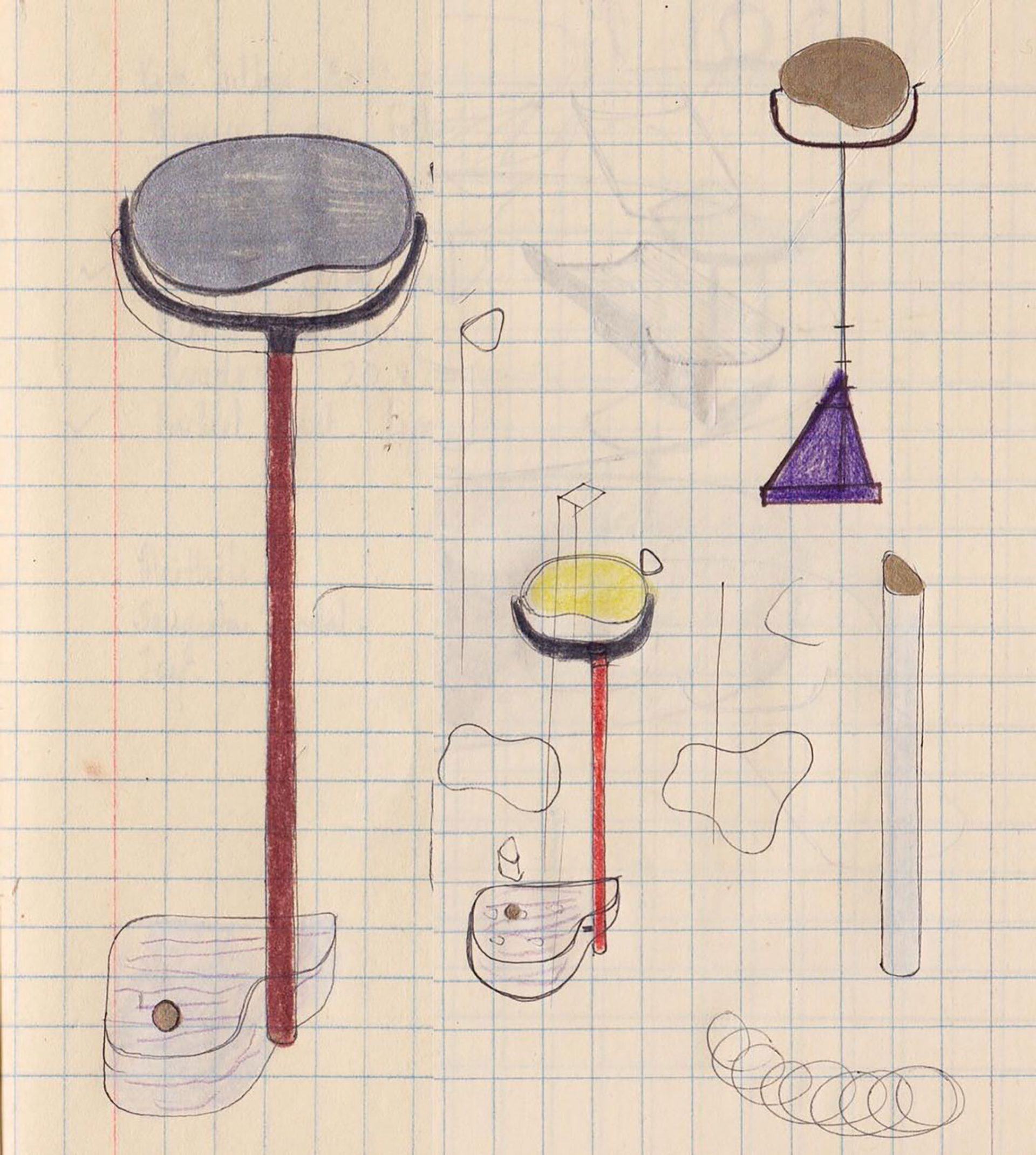
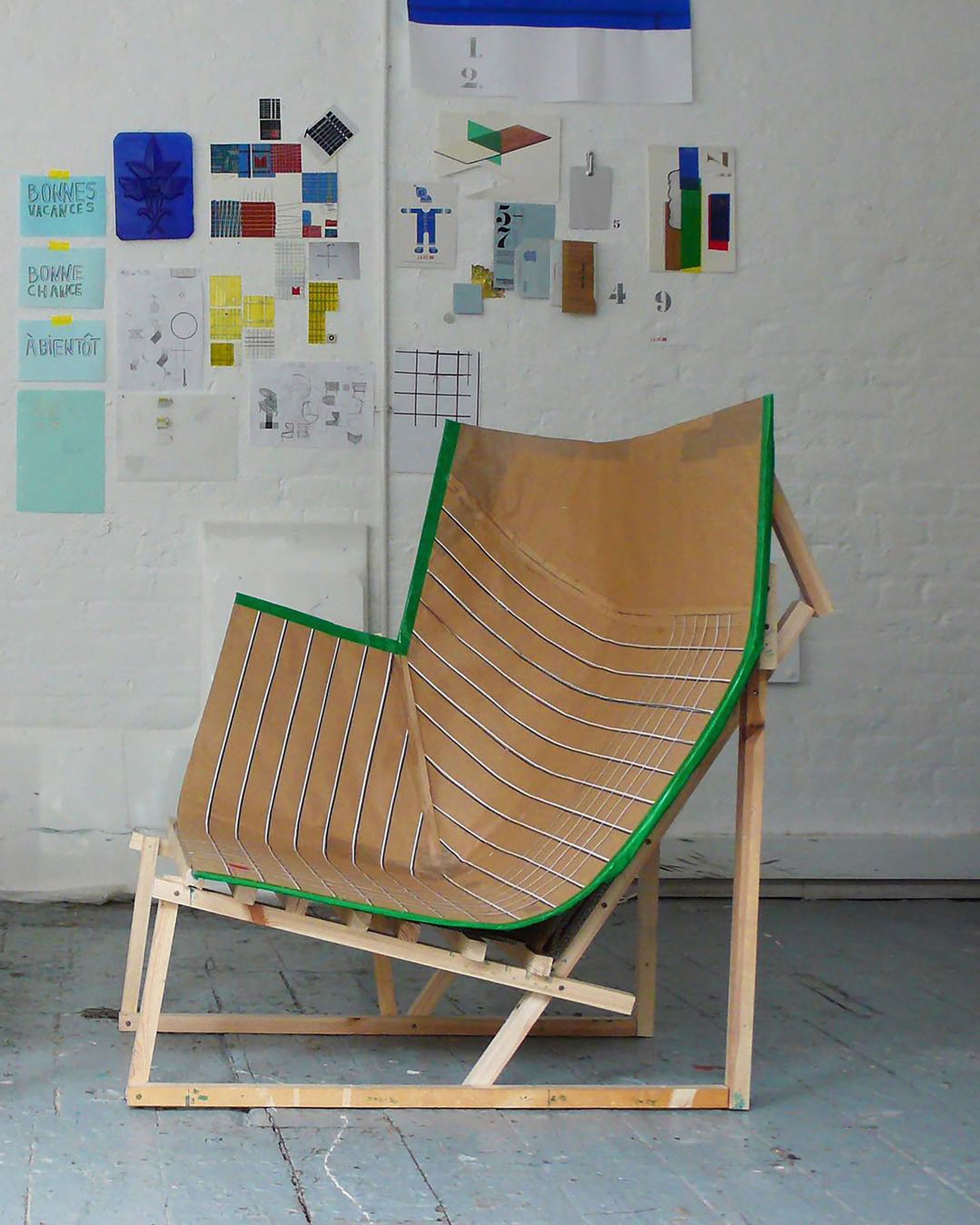
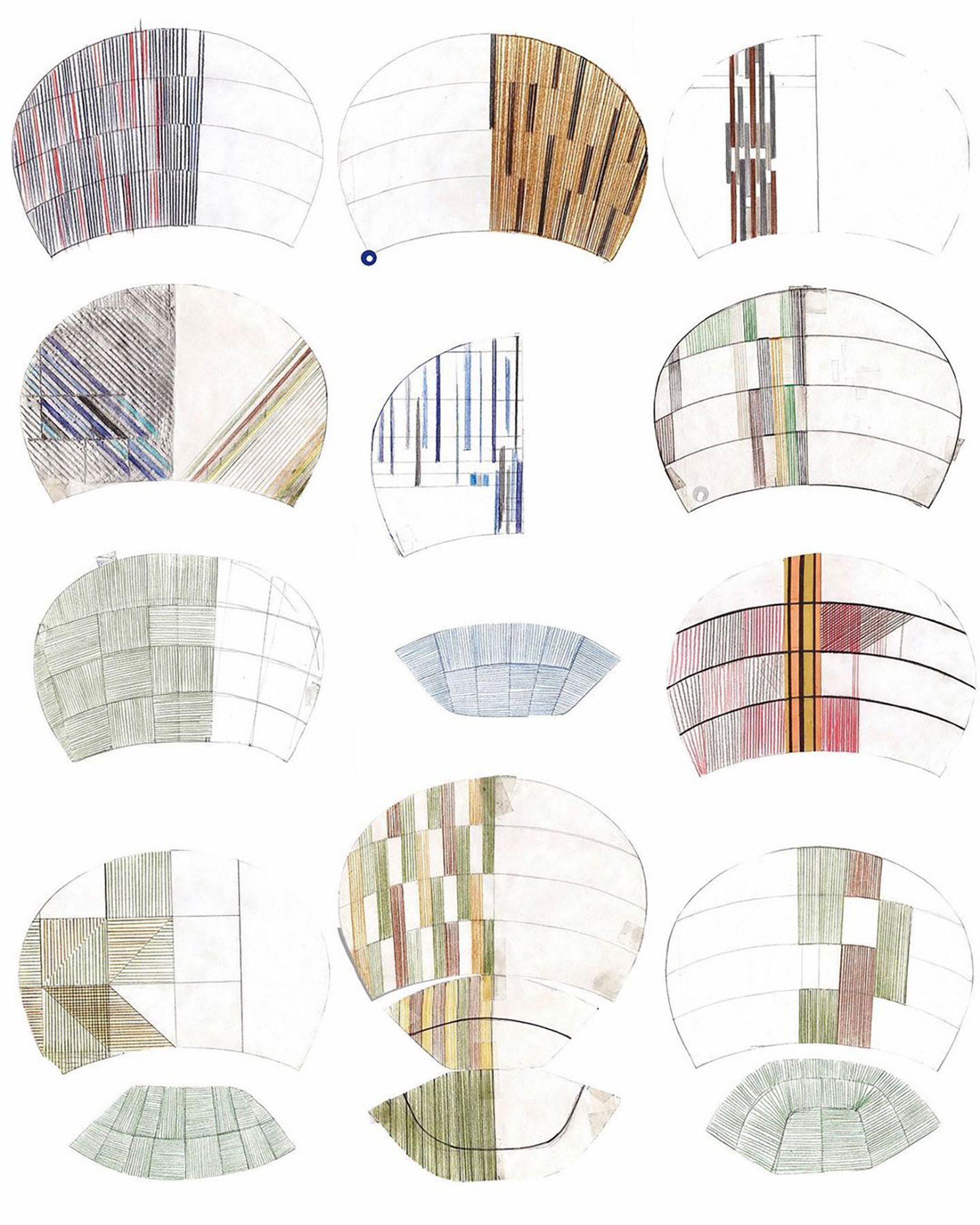
‘I'm always combating the idea whether what you create should look identical to how you see it in your mind, or if you should allow it to deviate through time. And I think both statements are true.’
